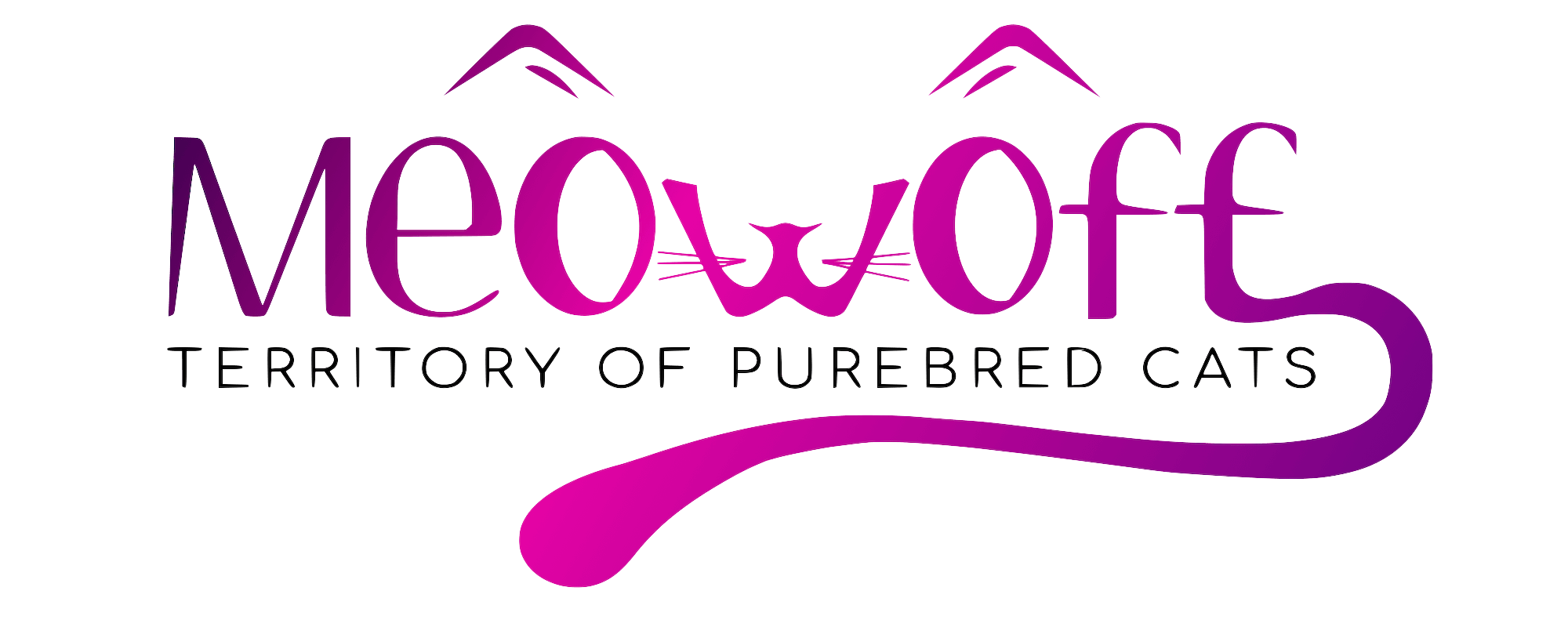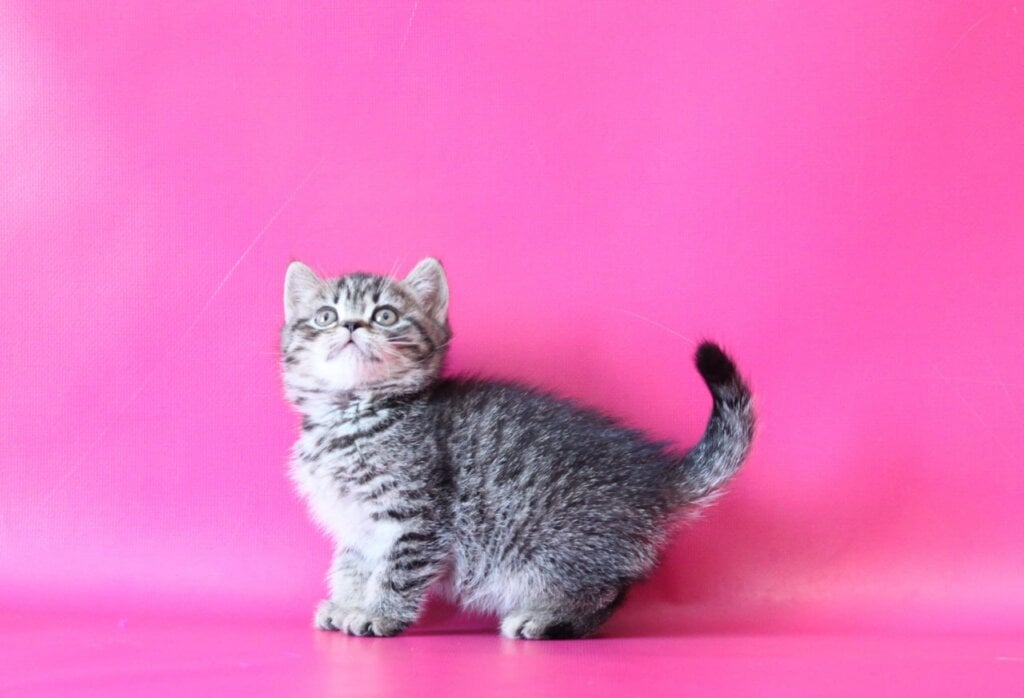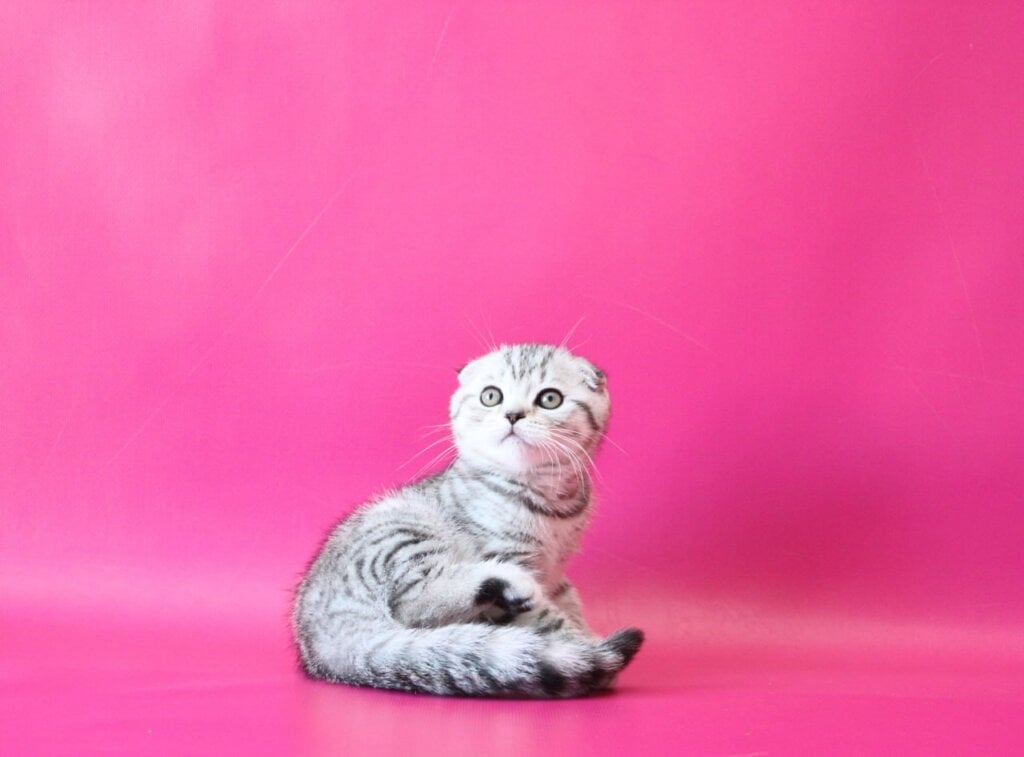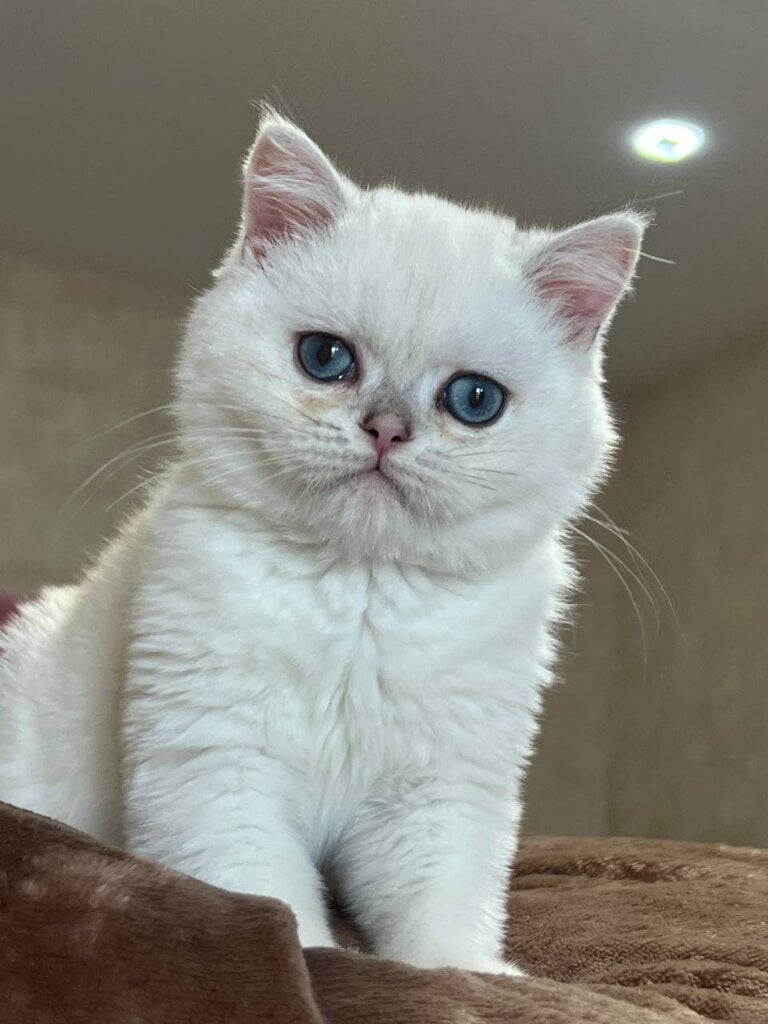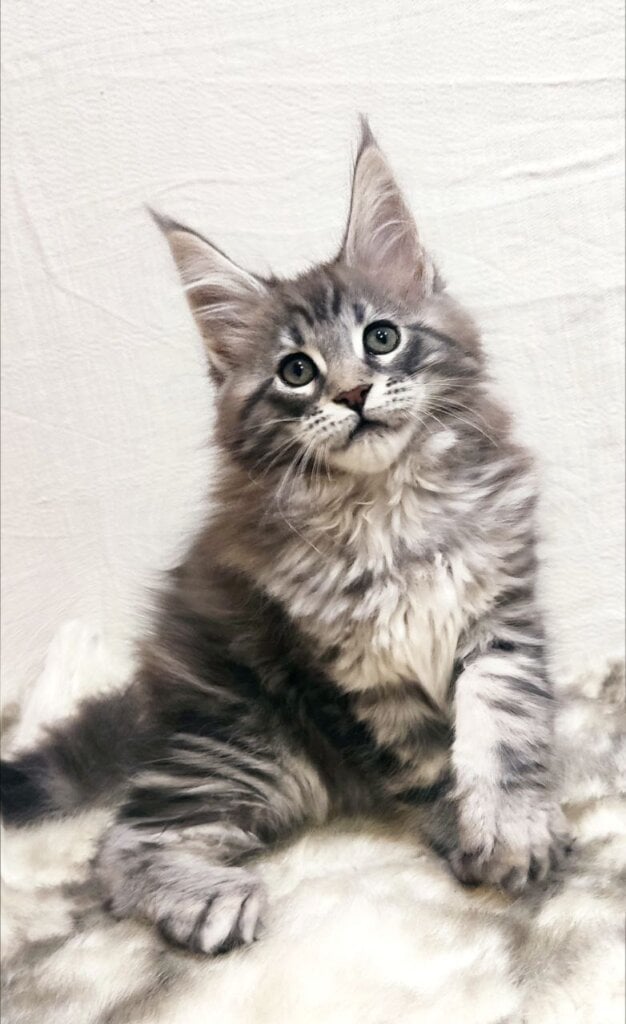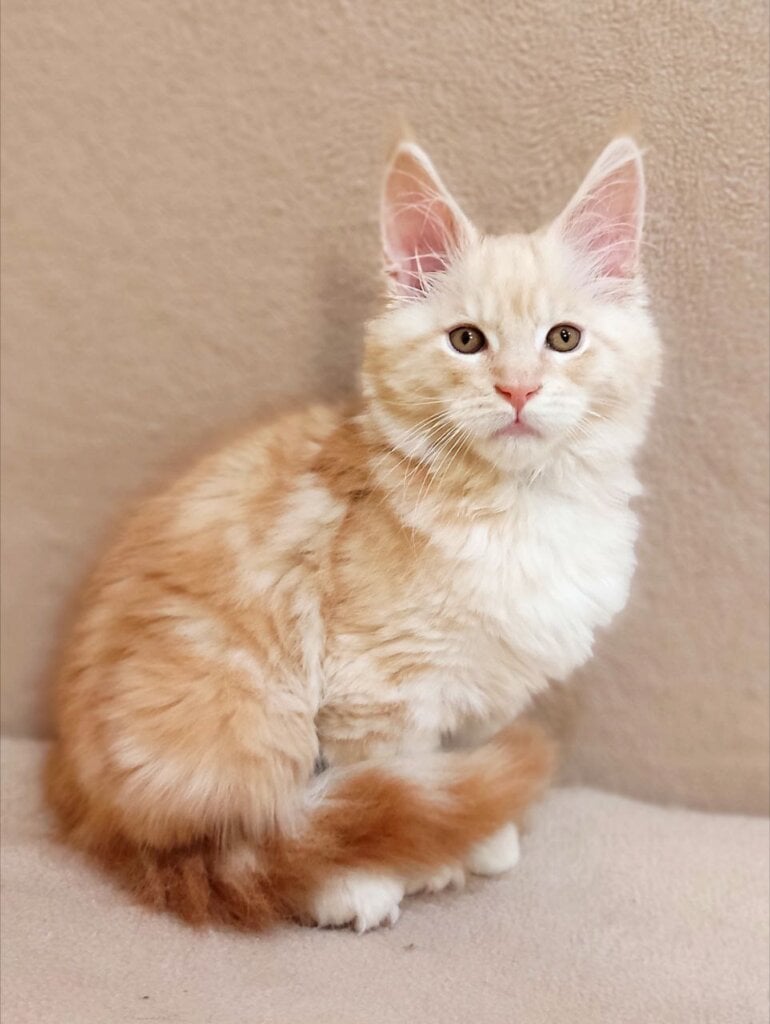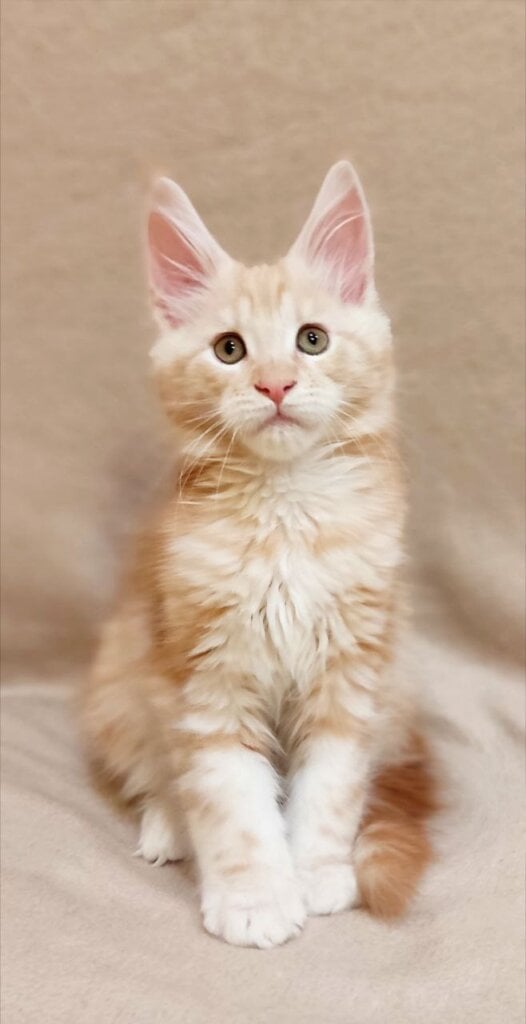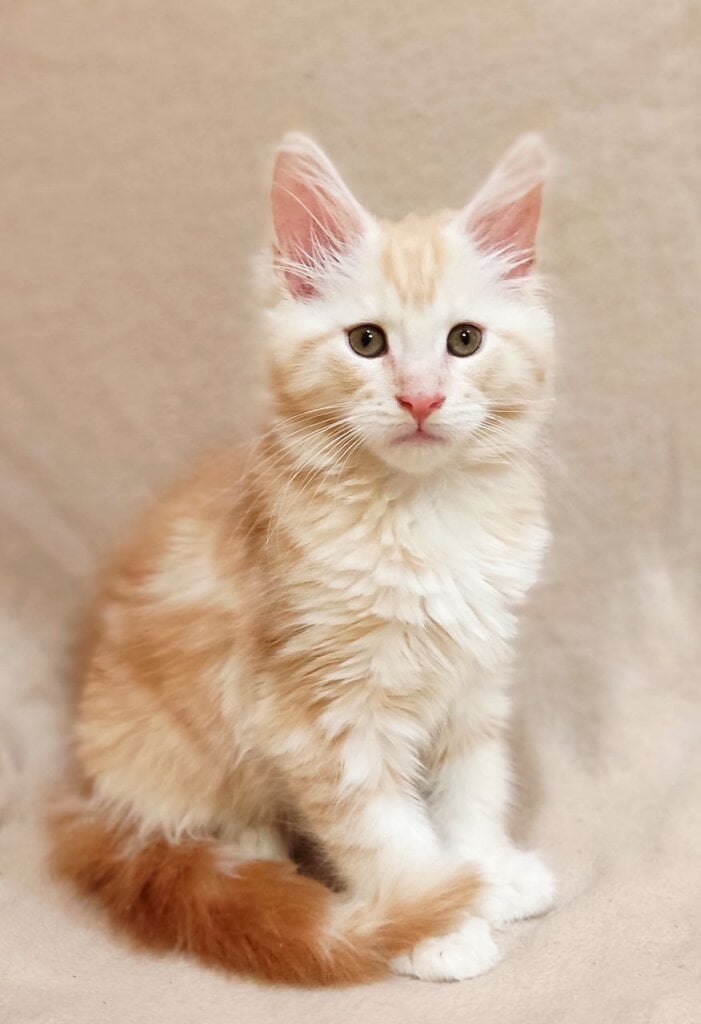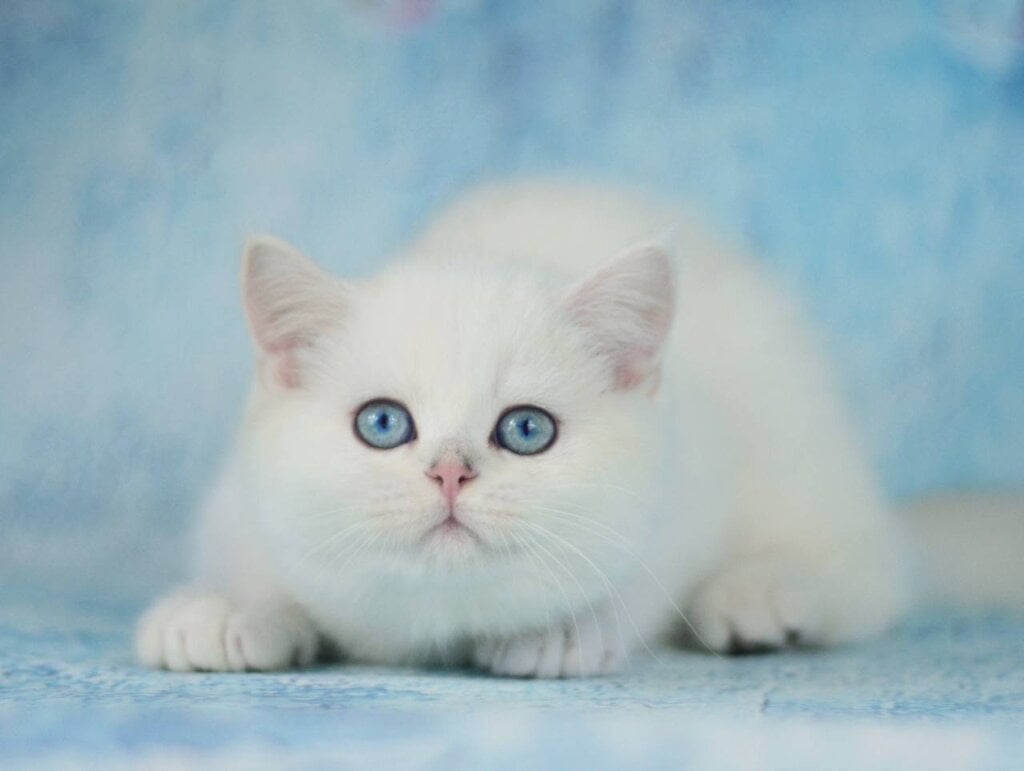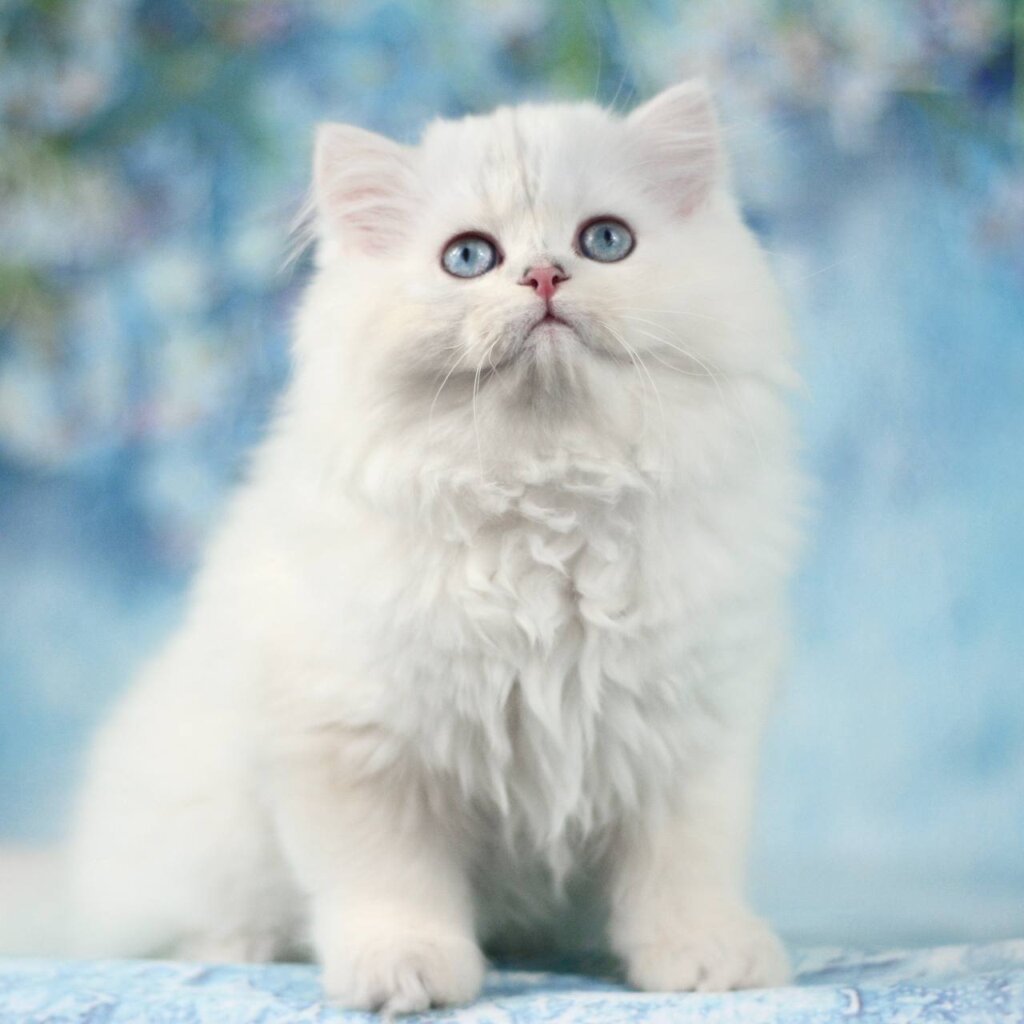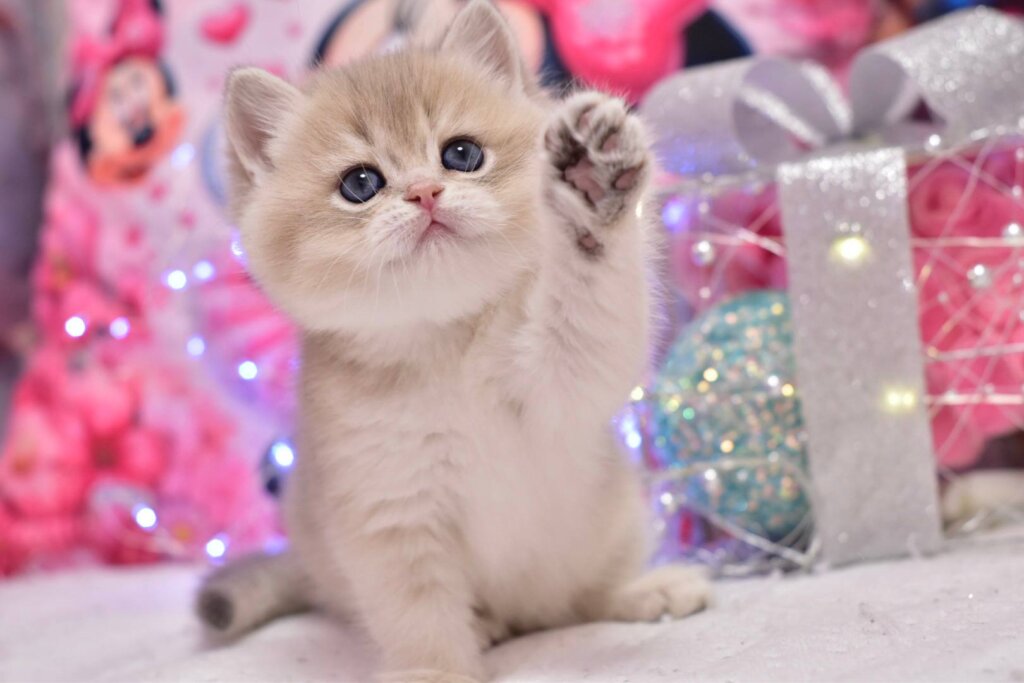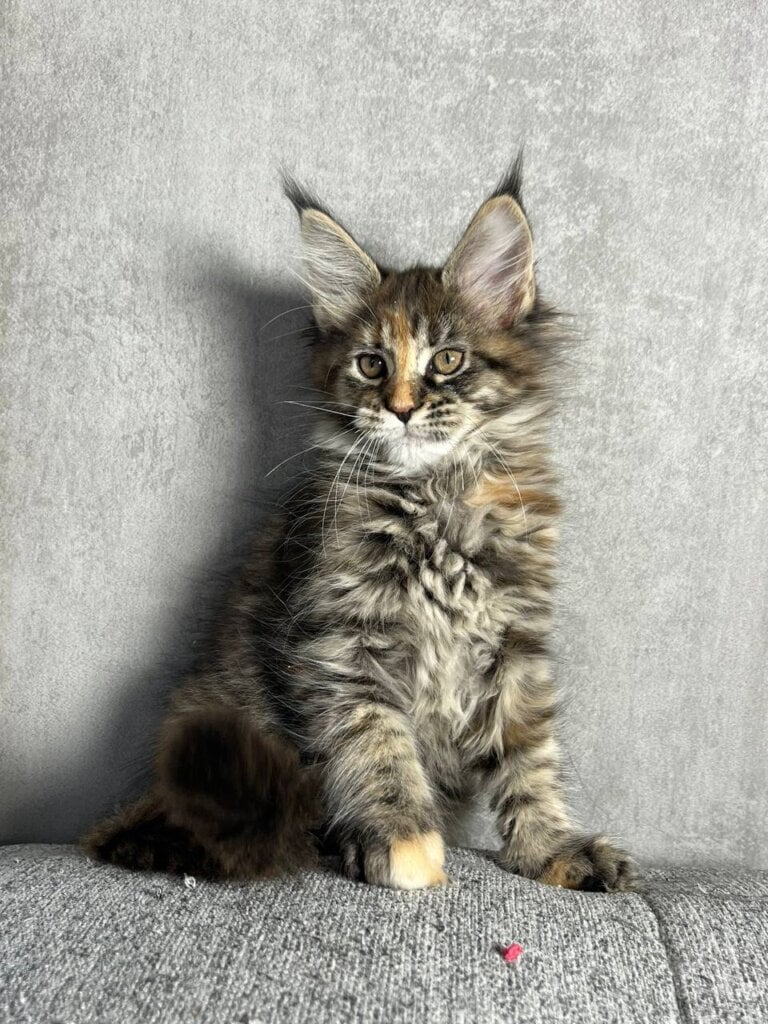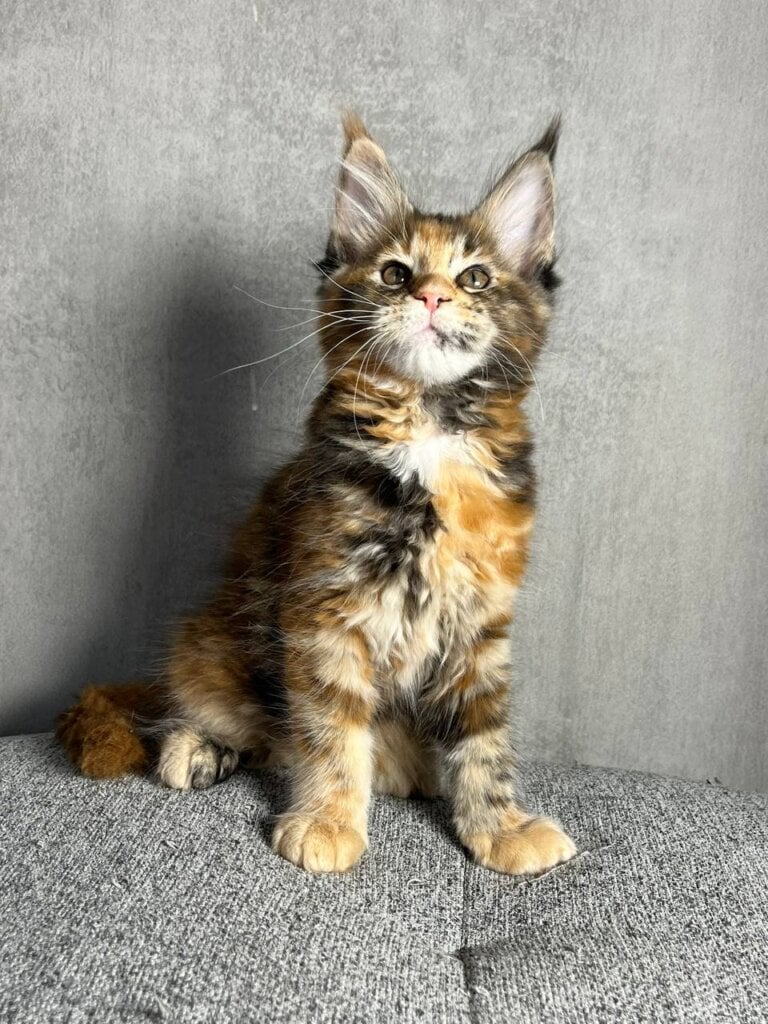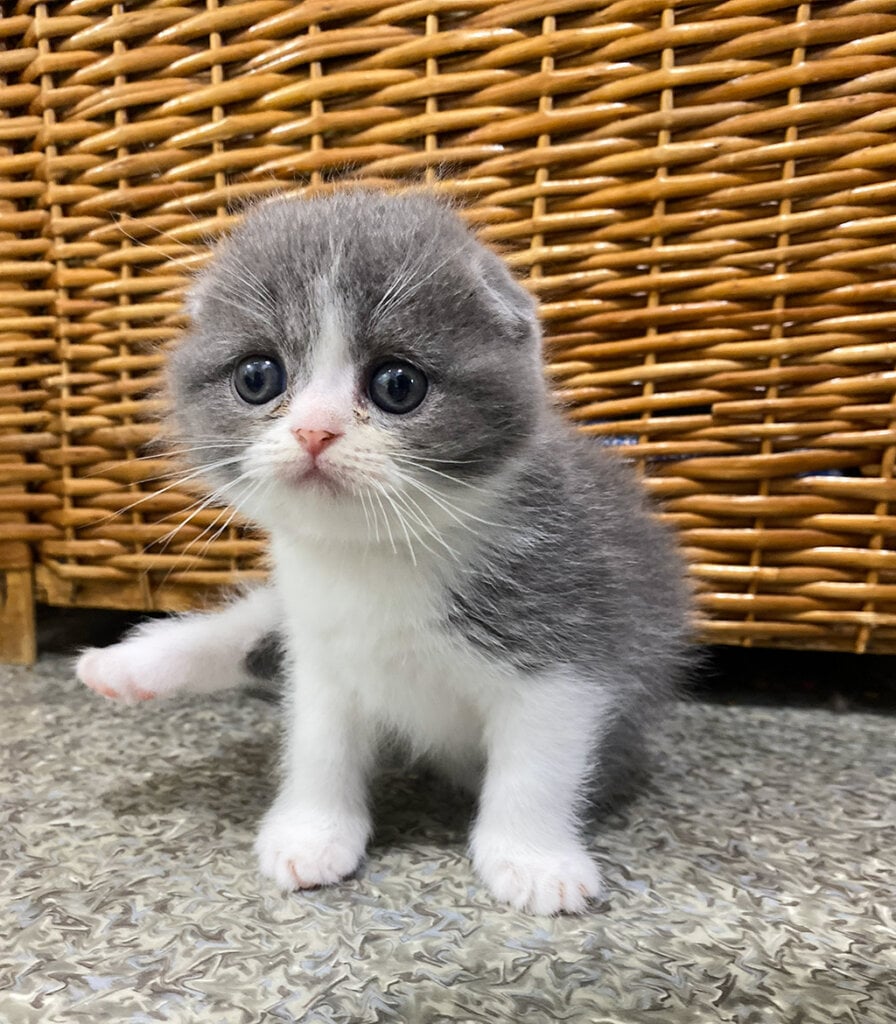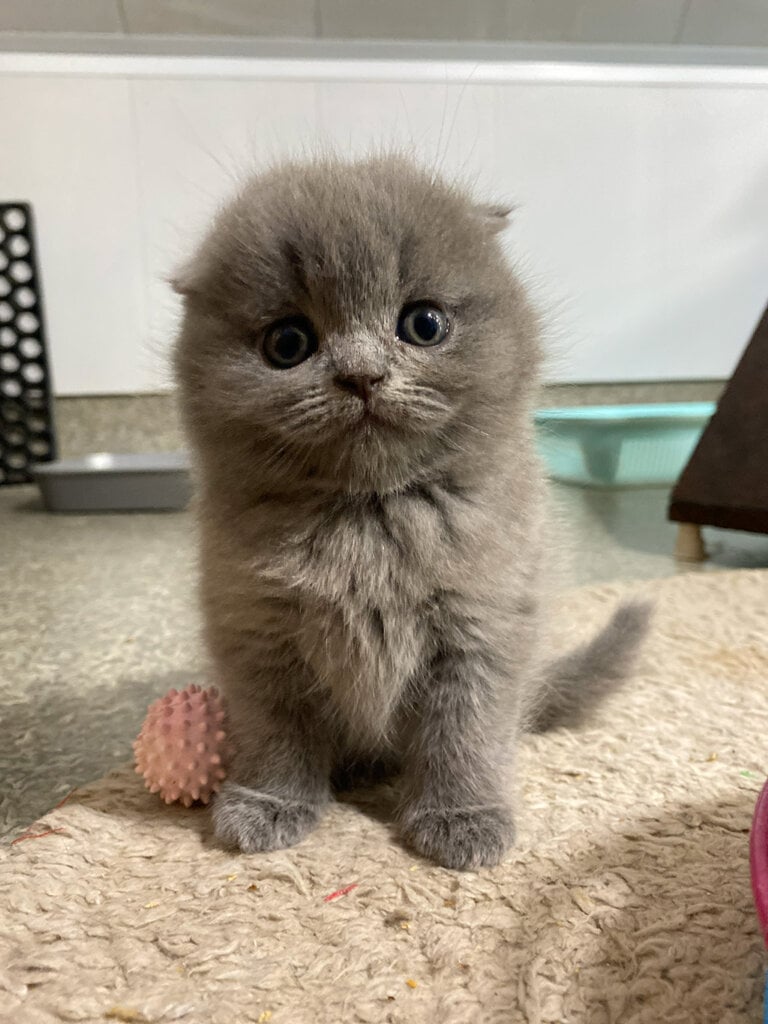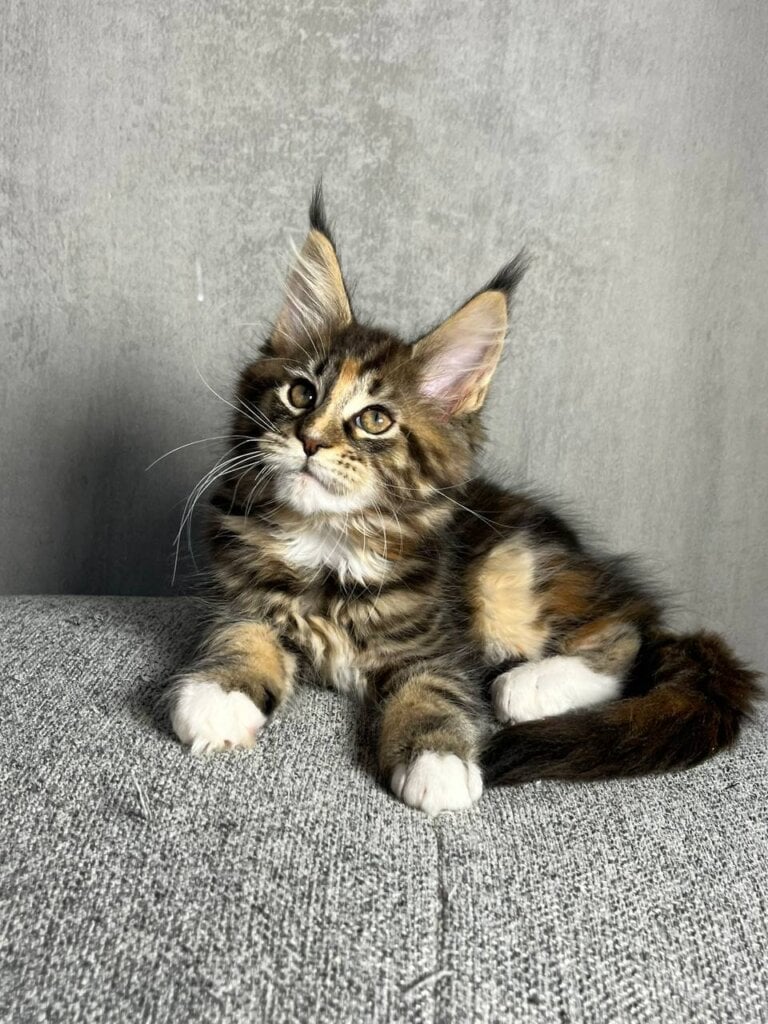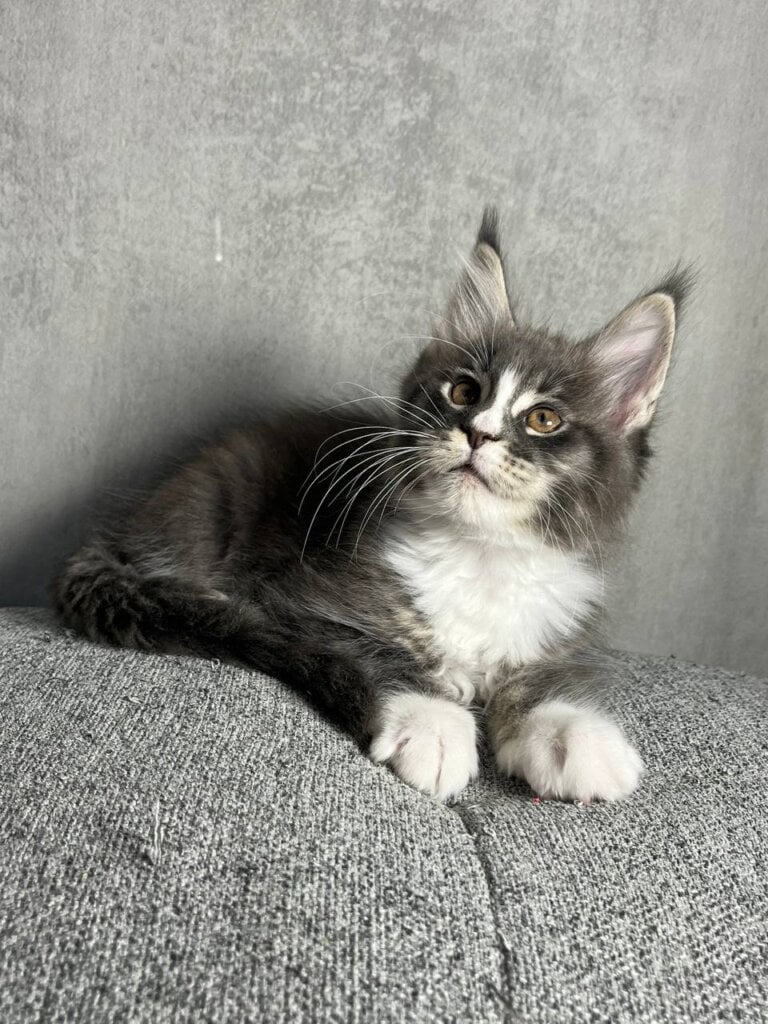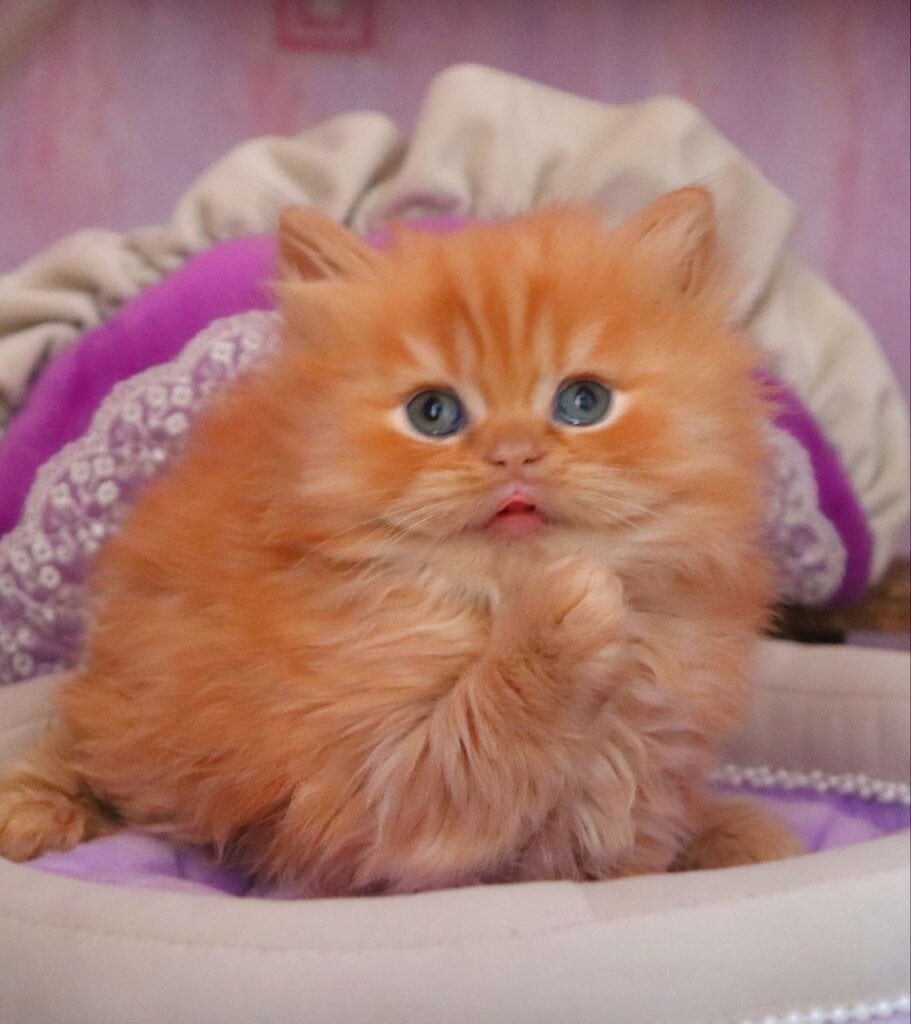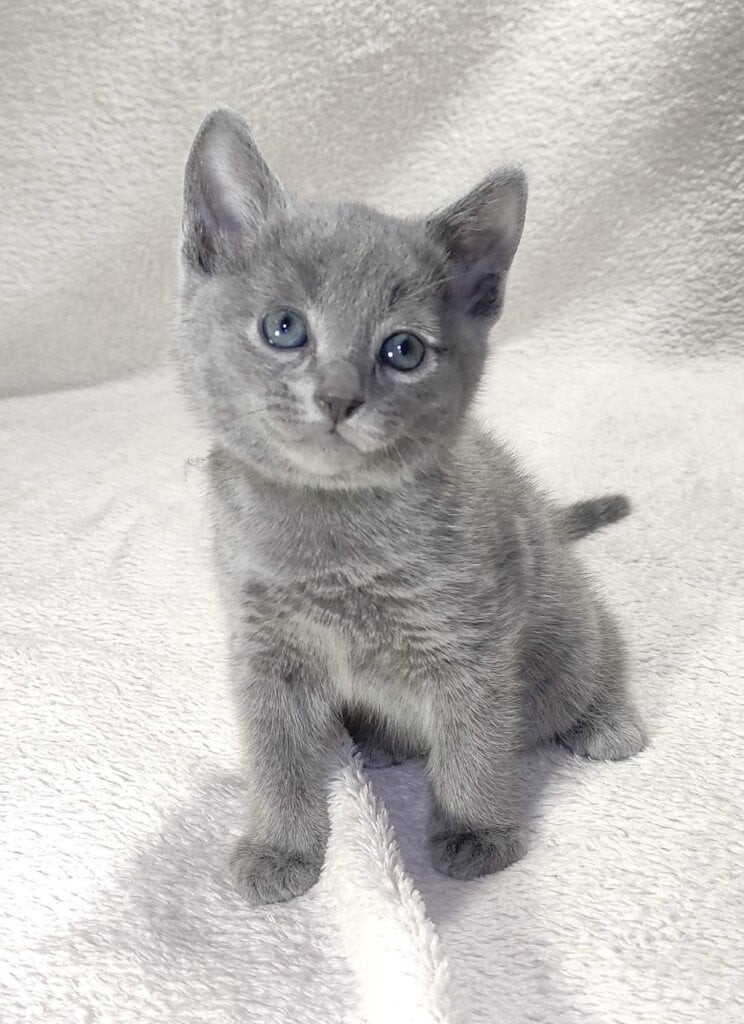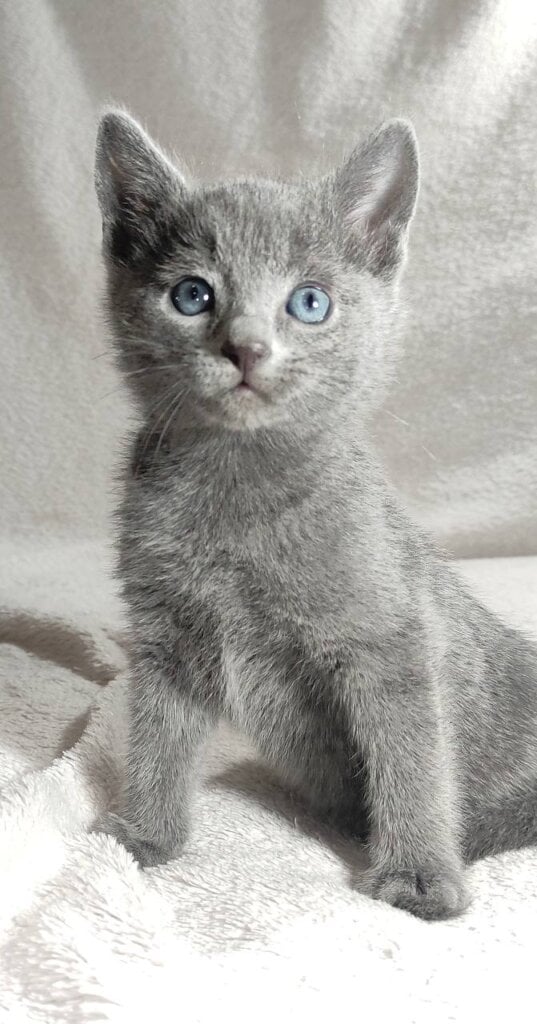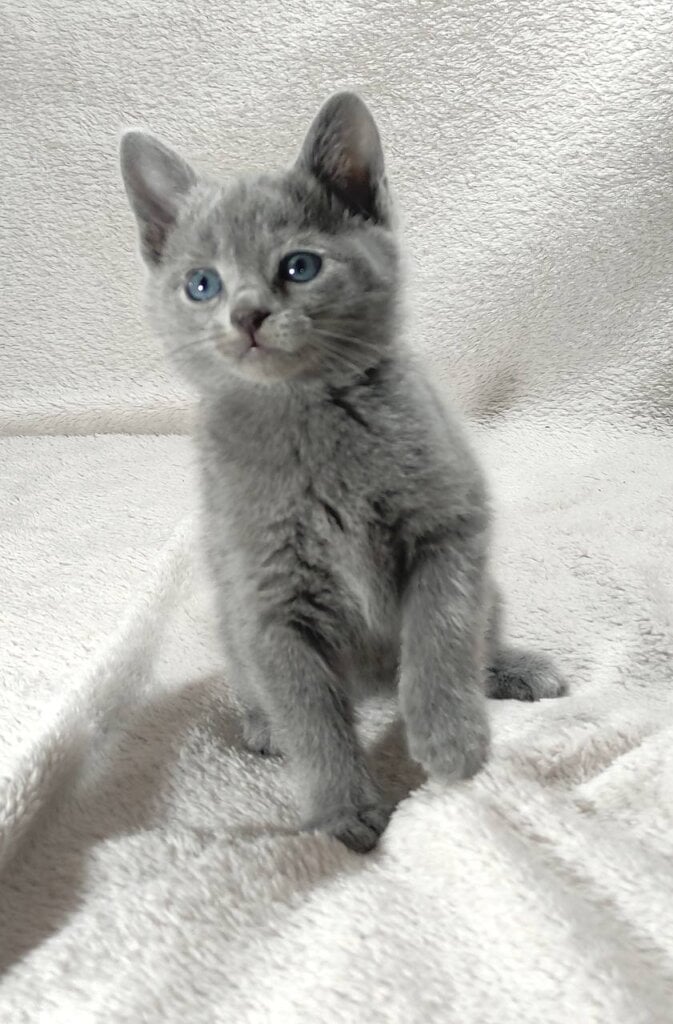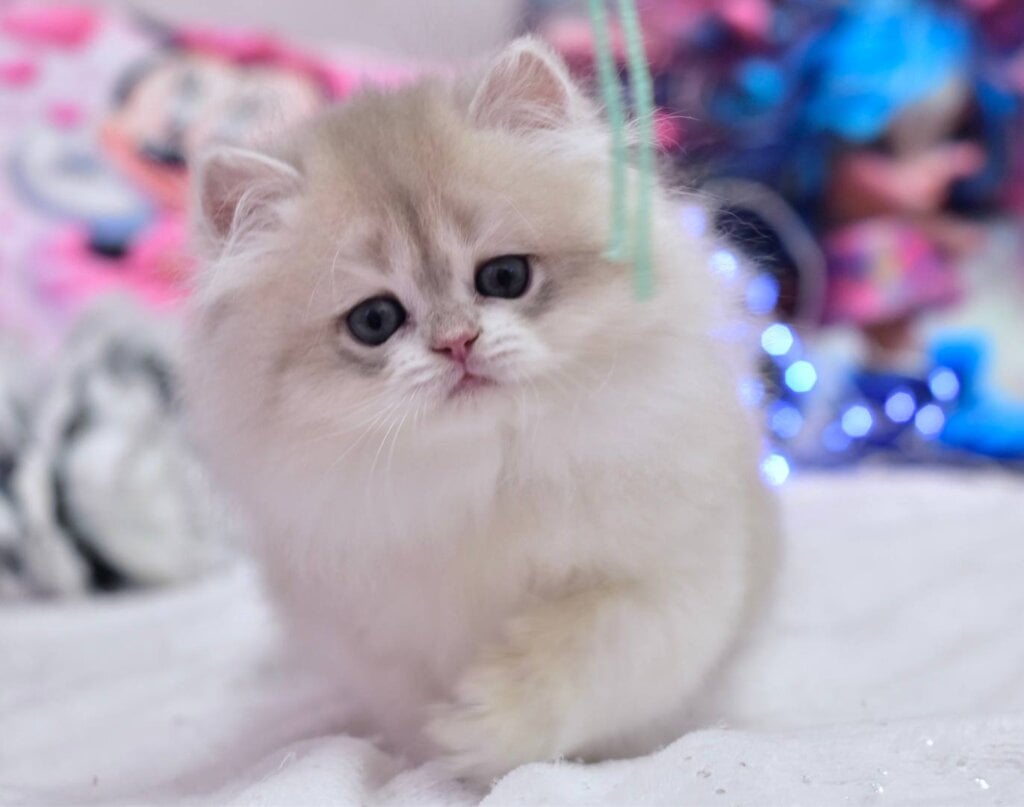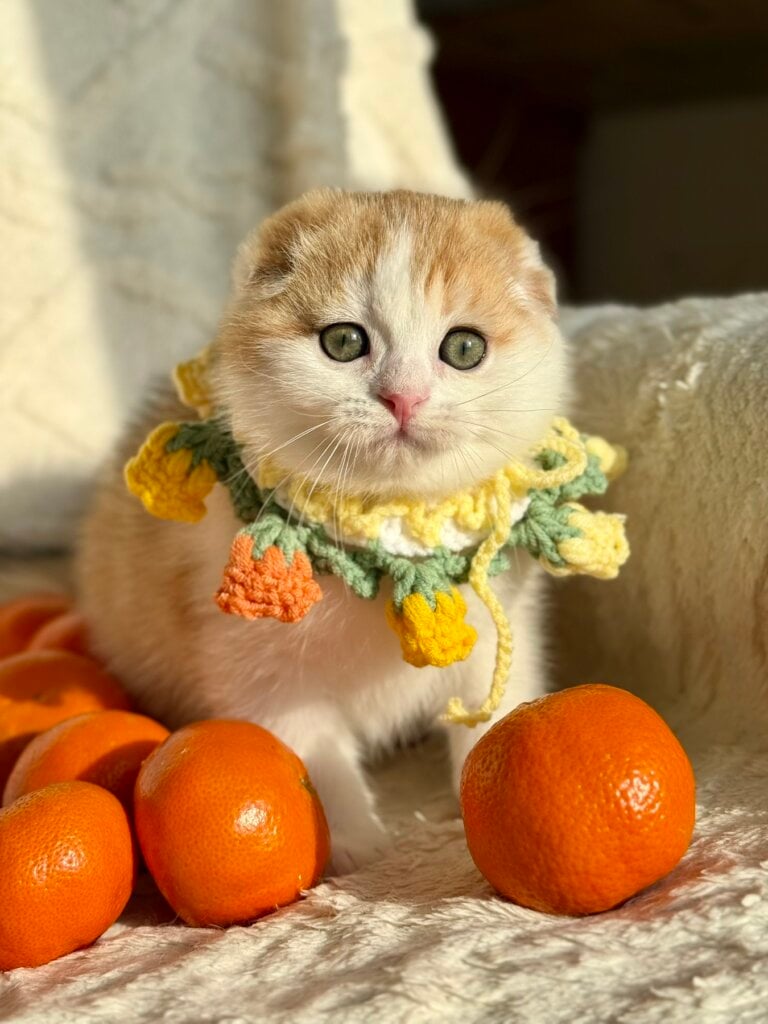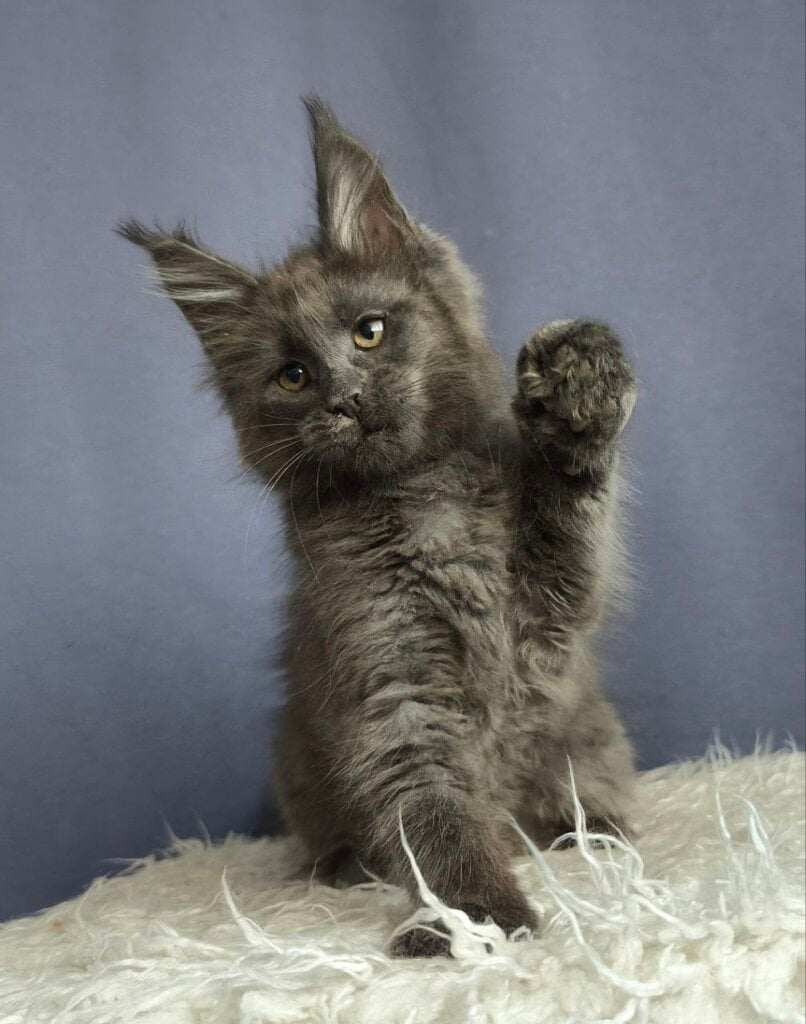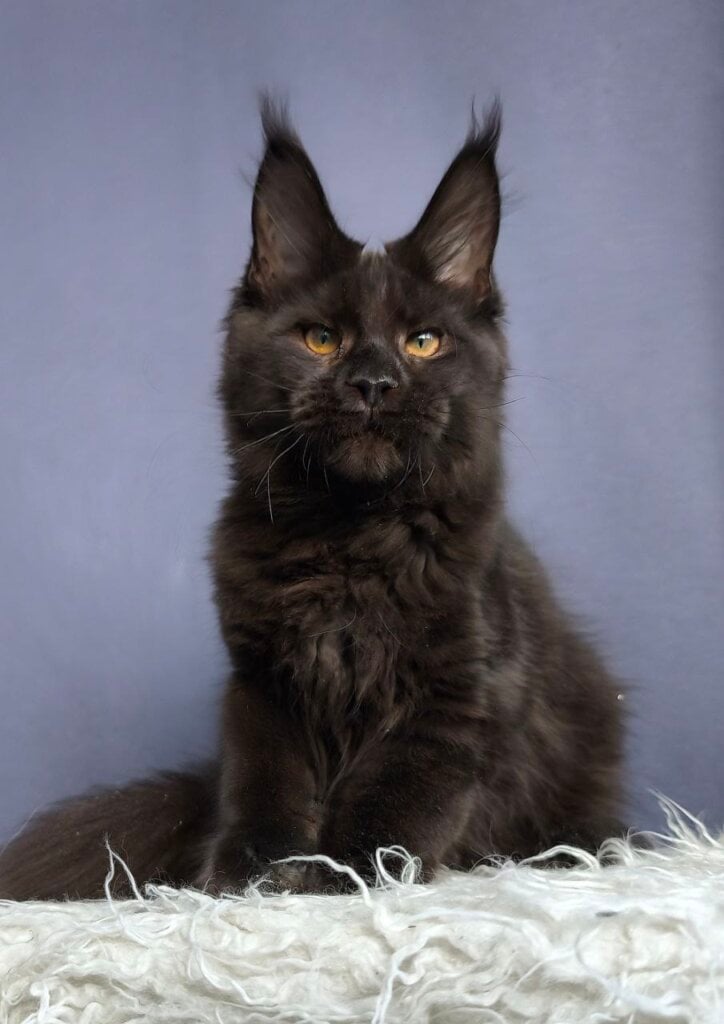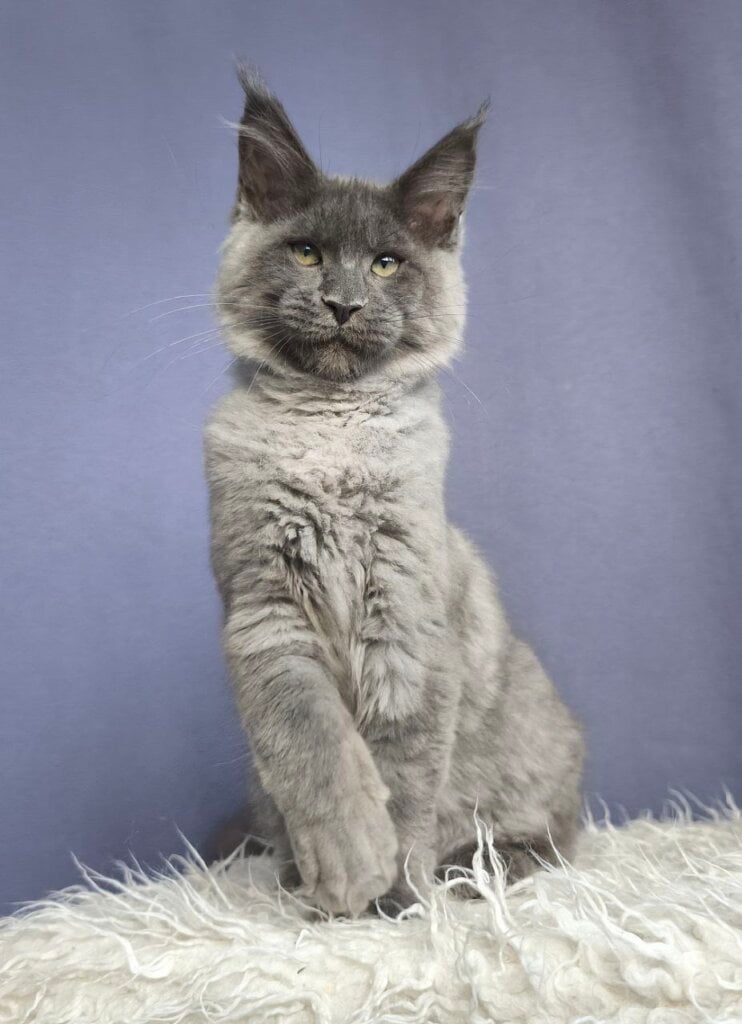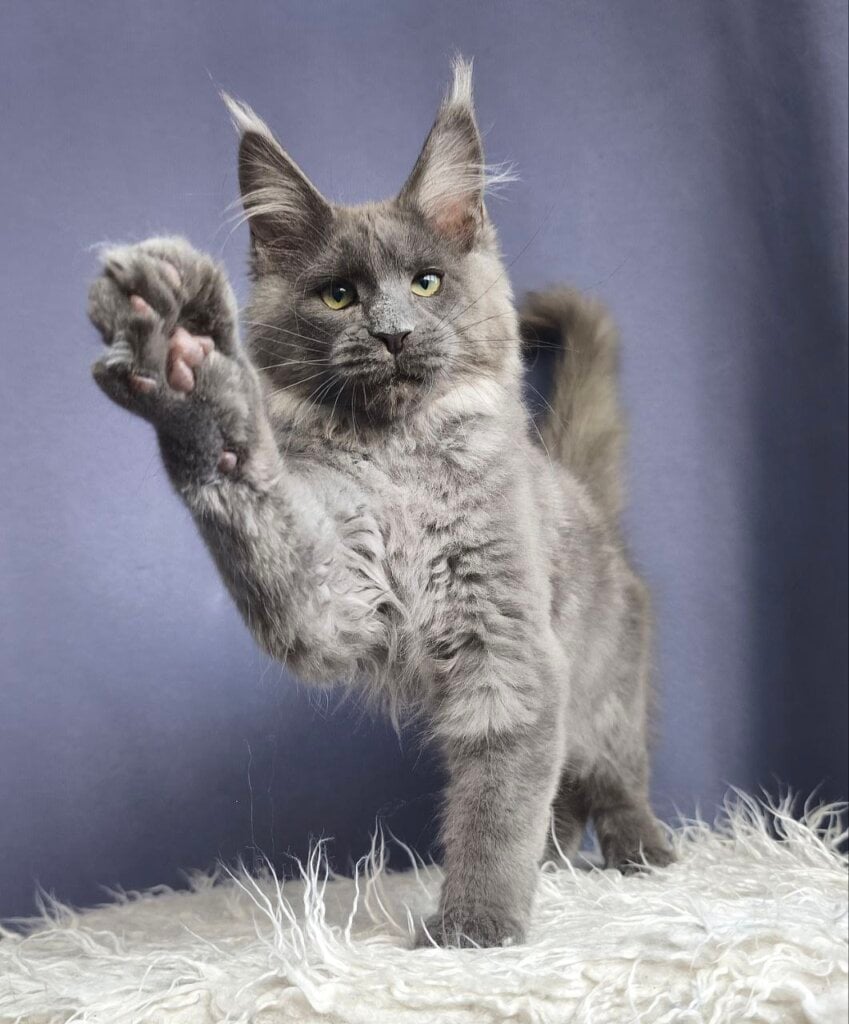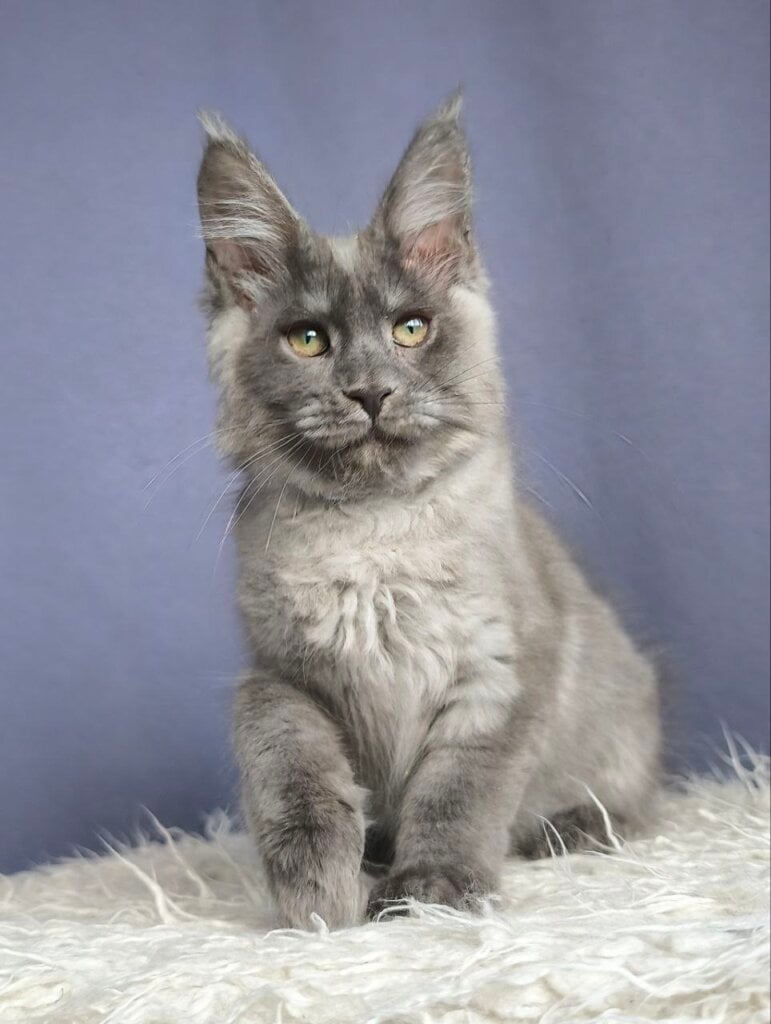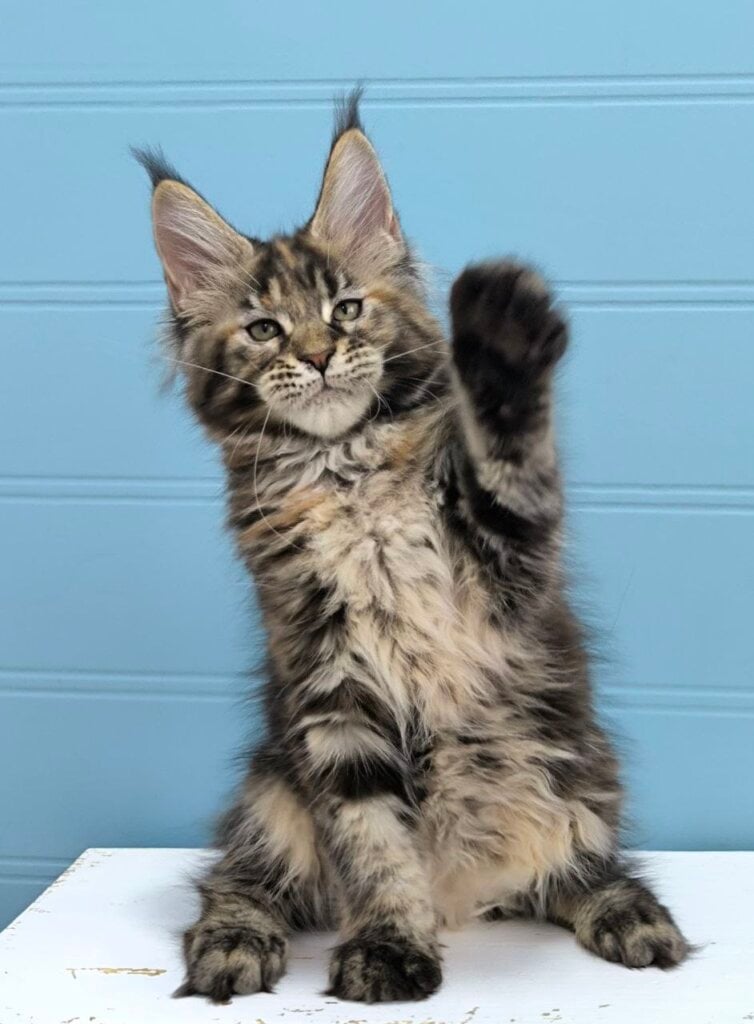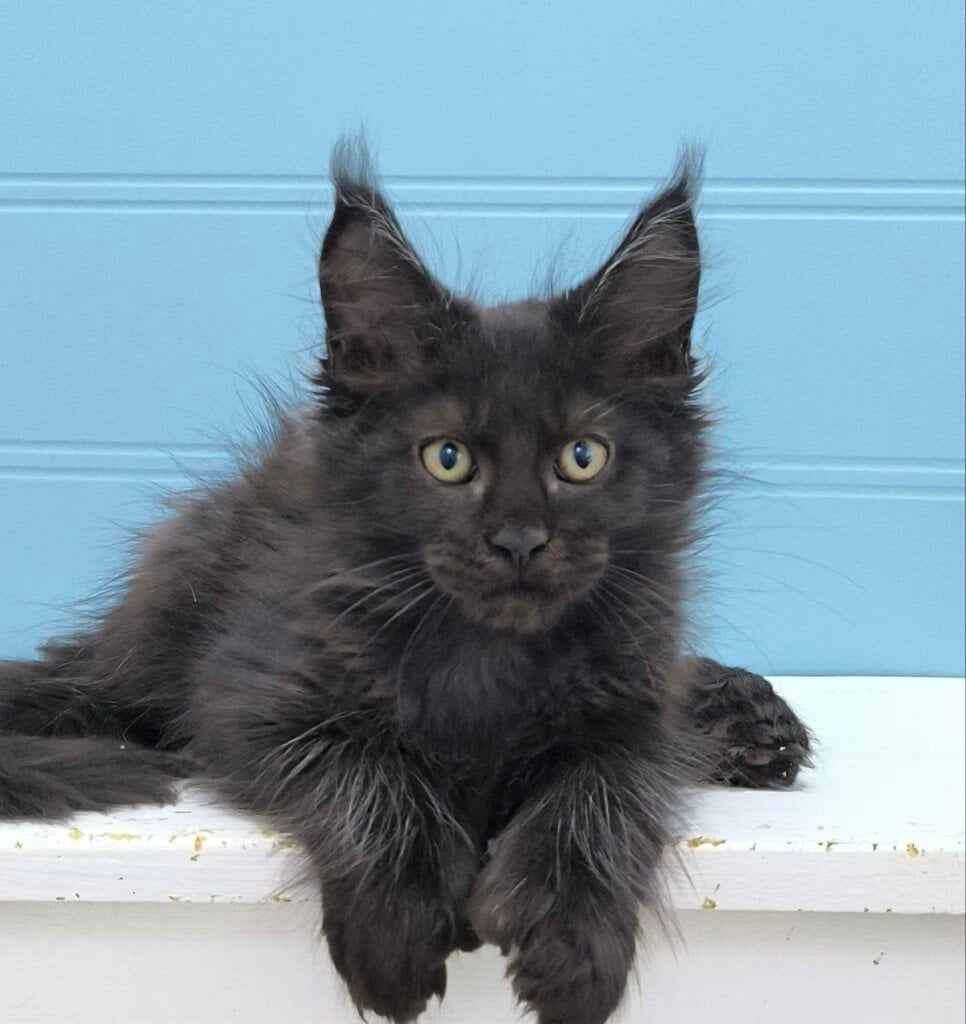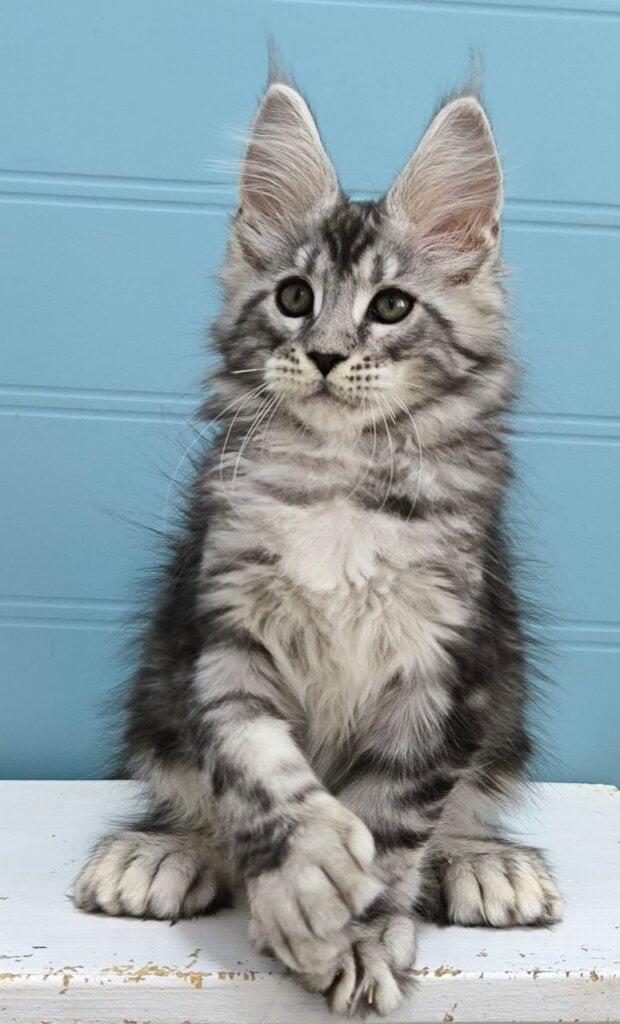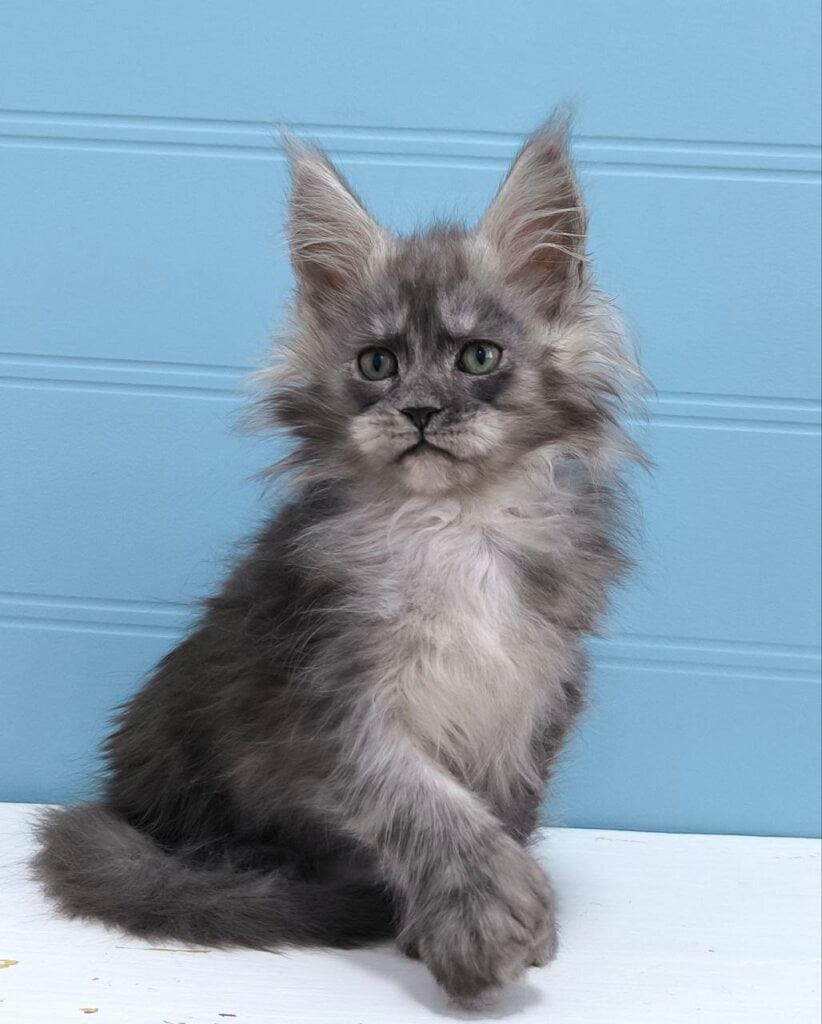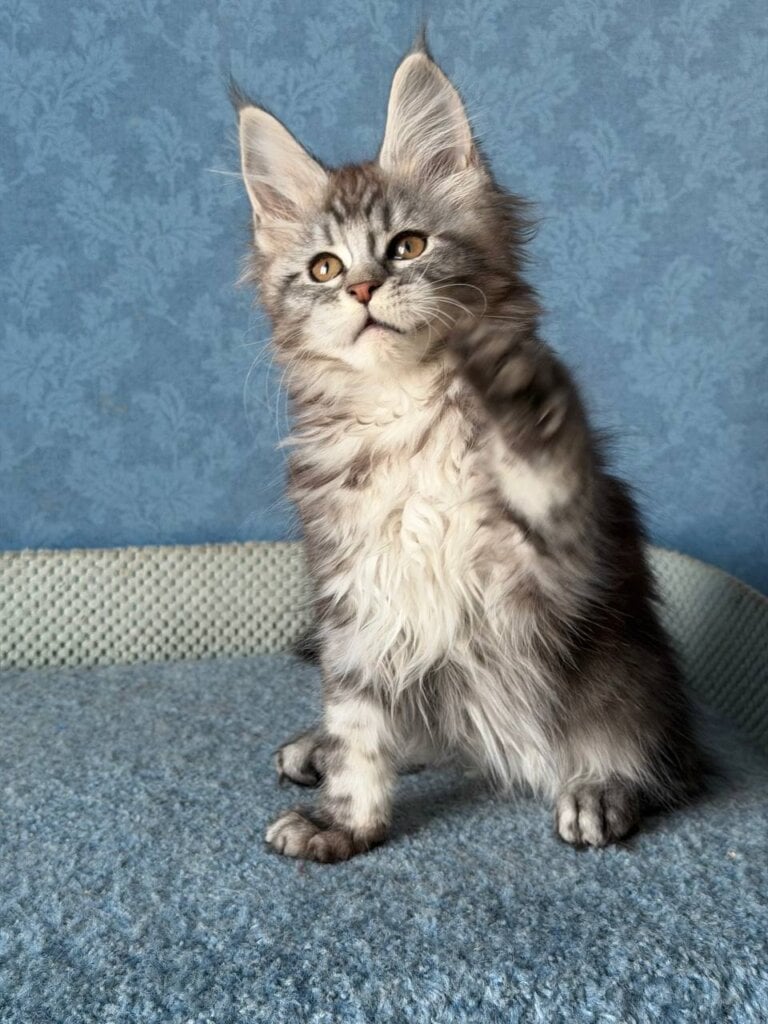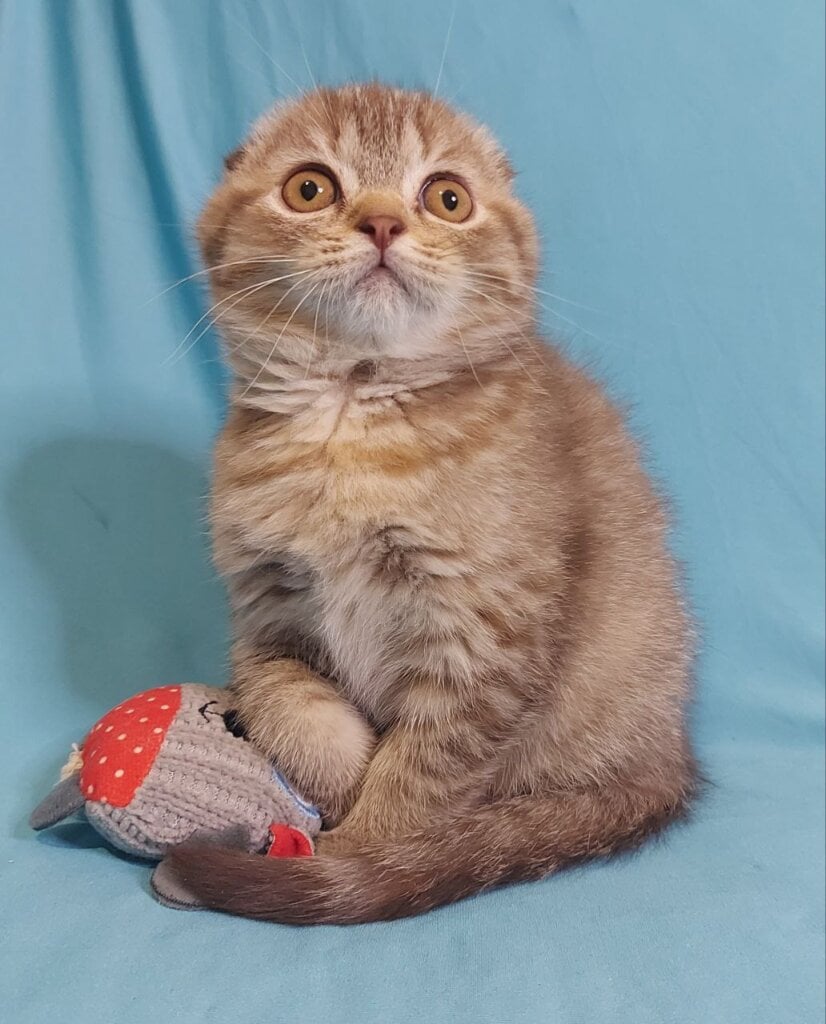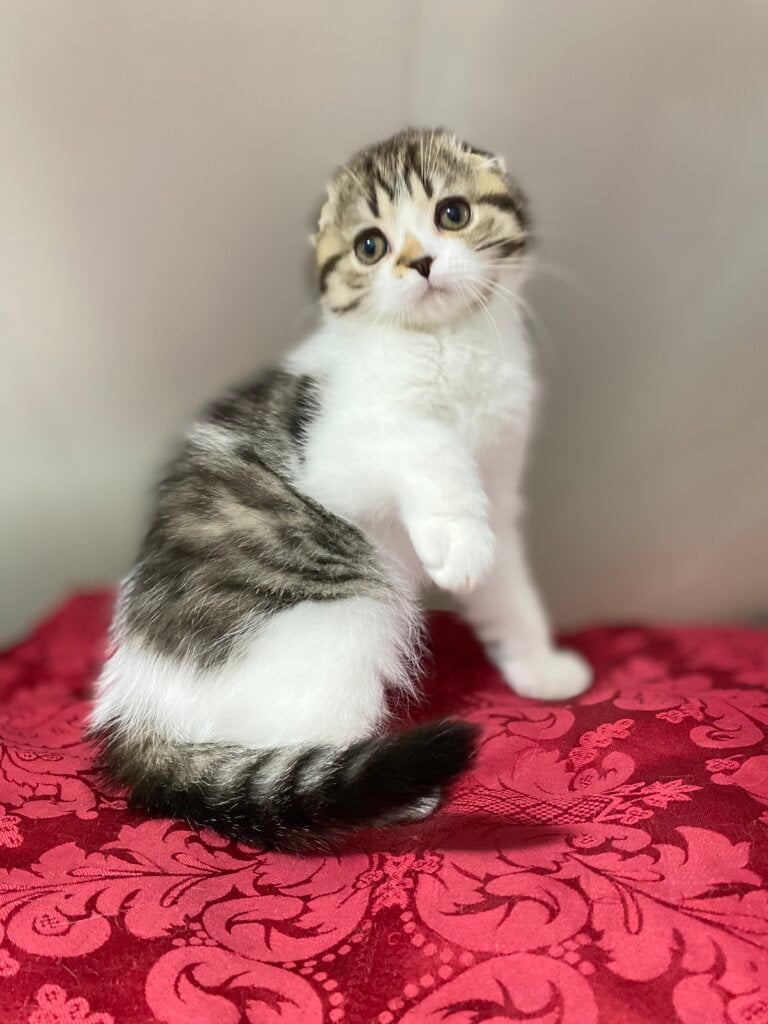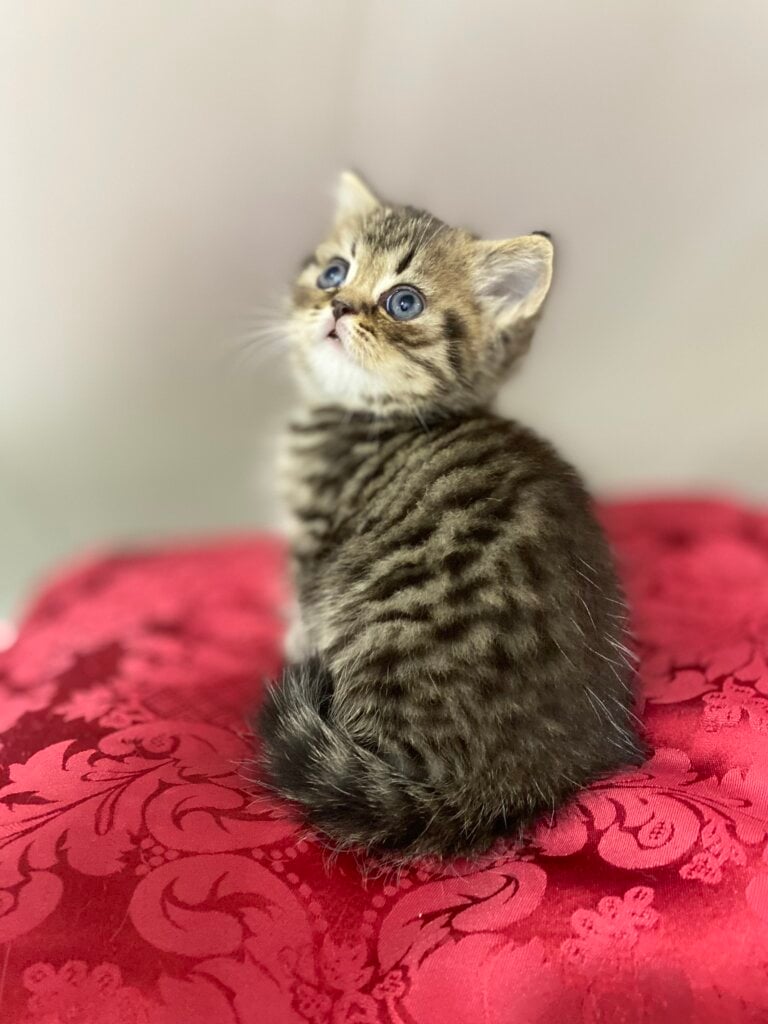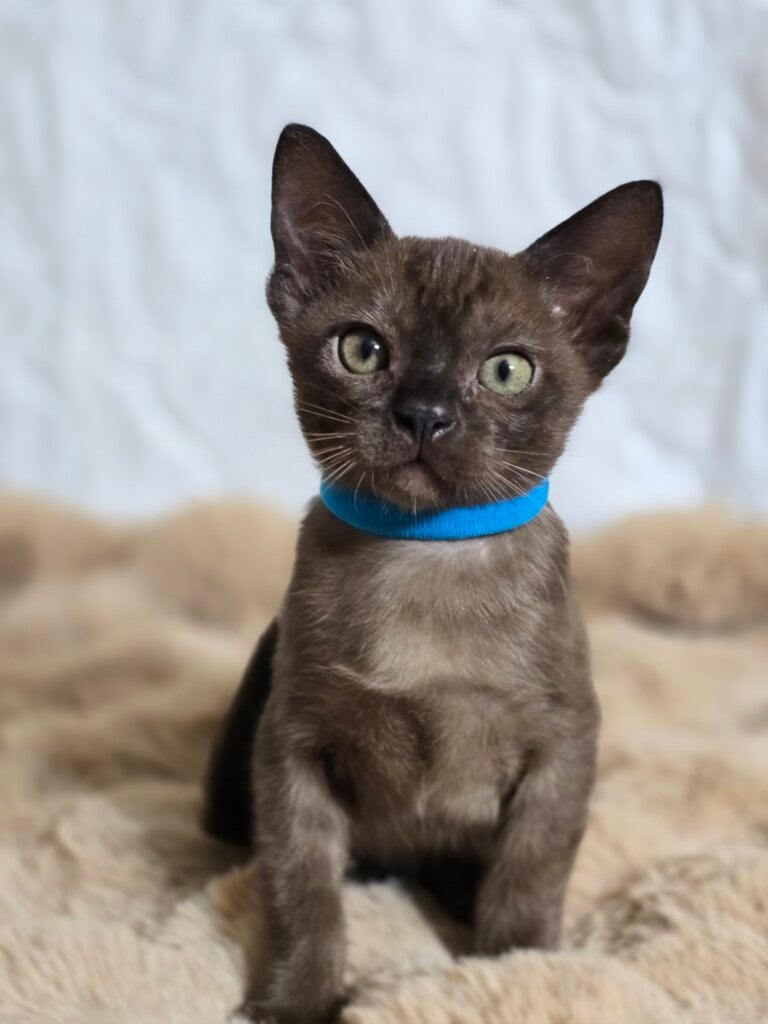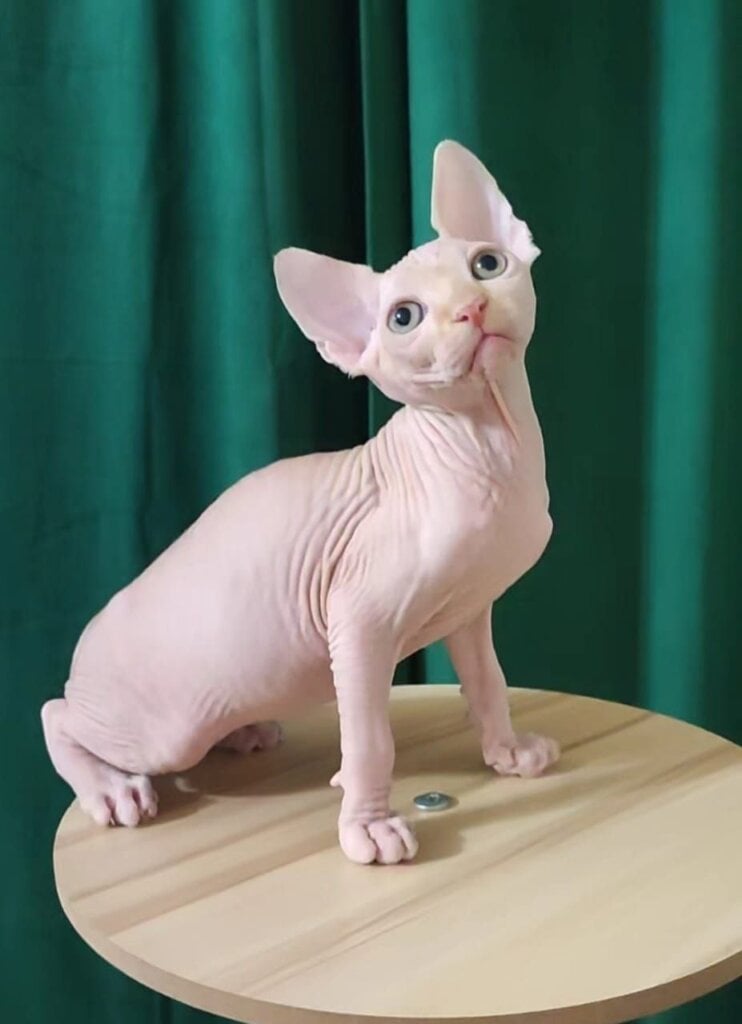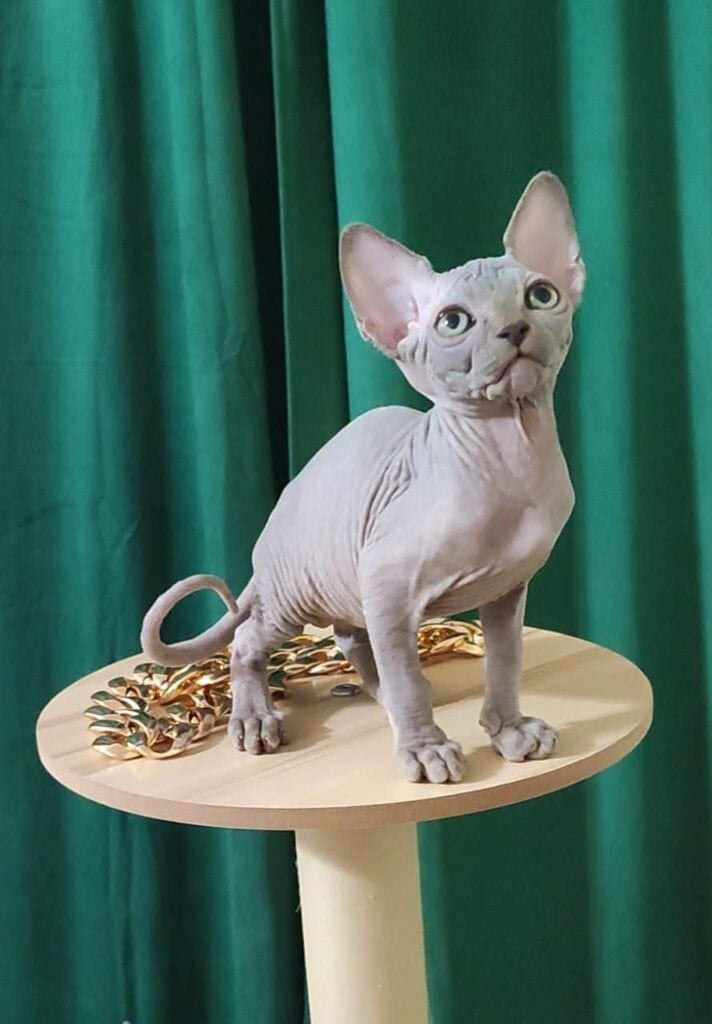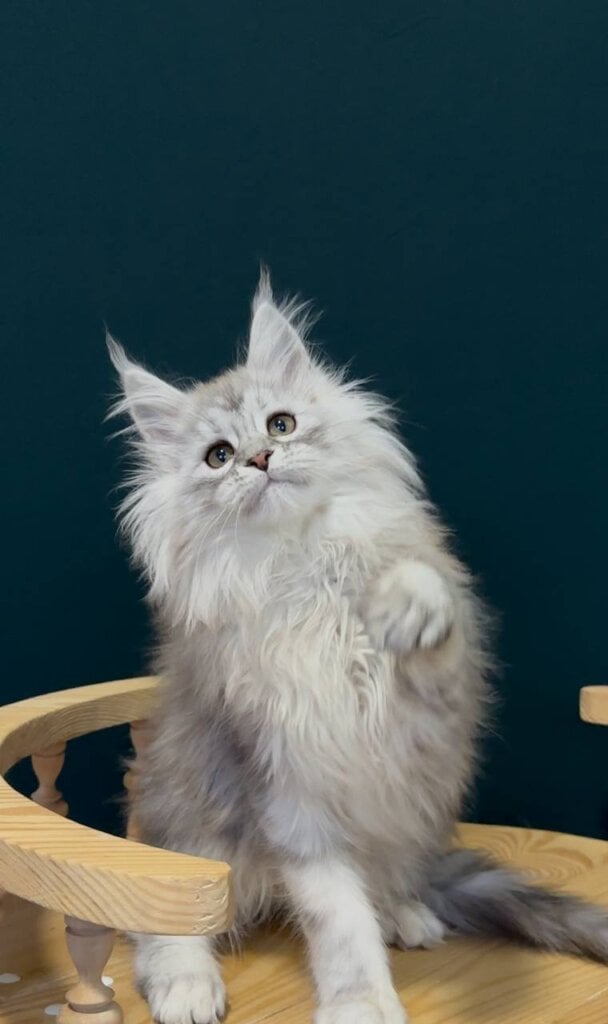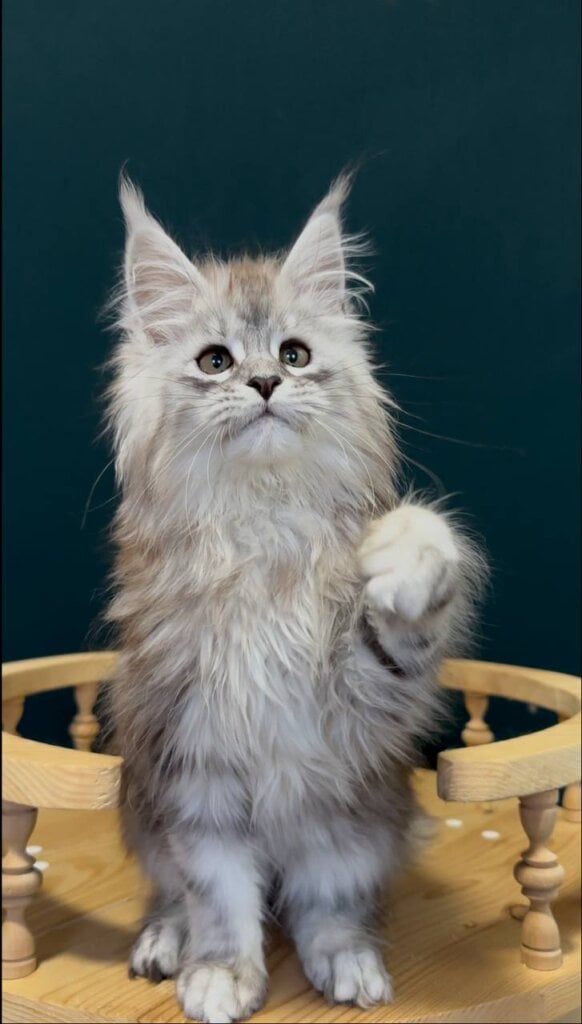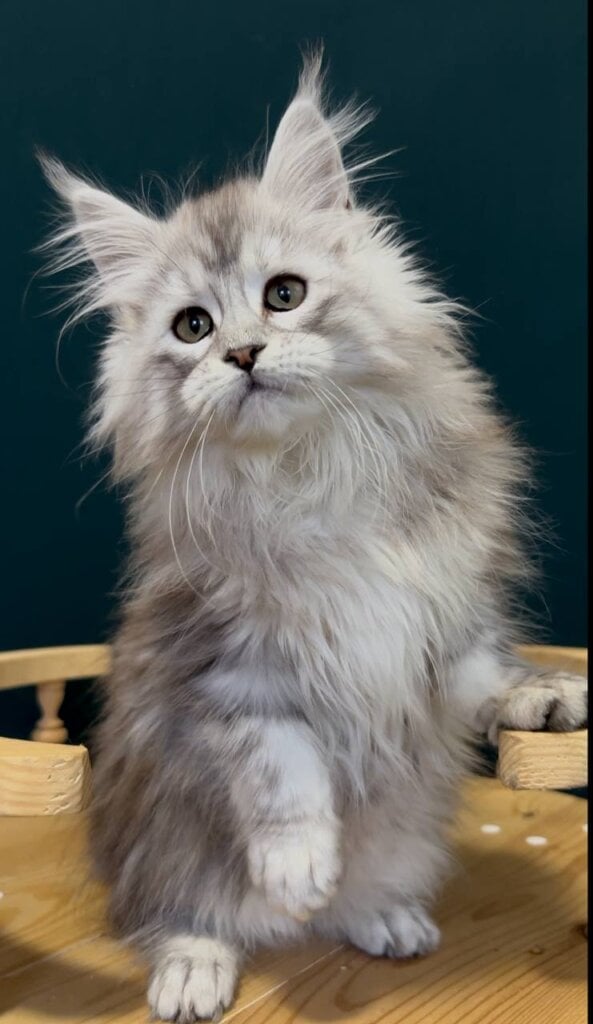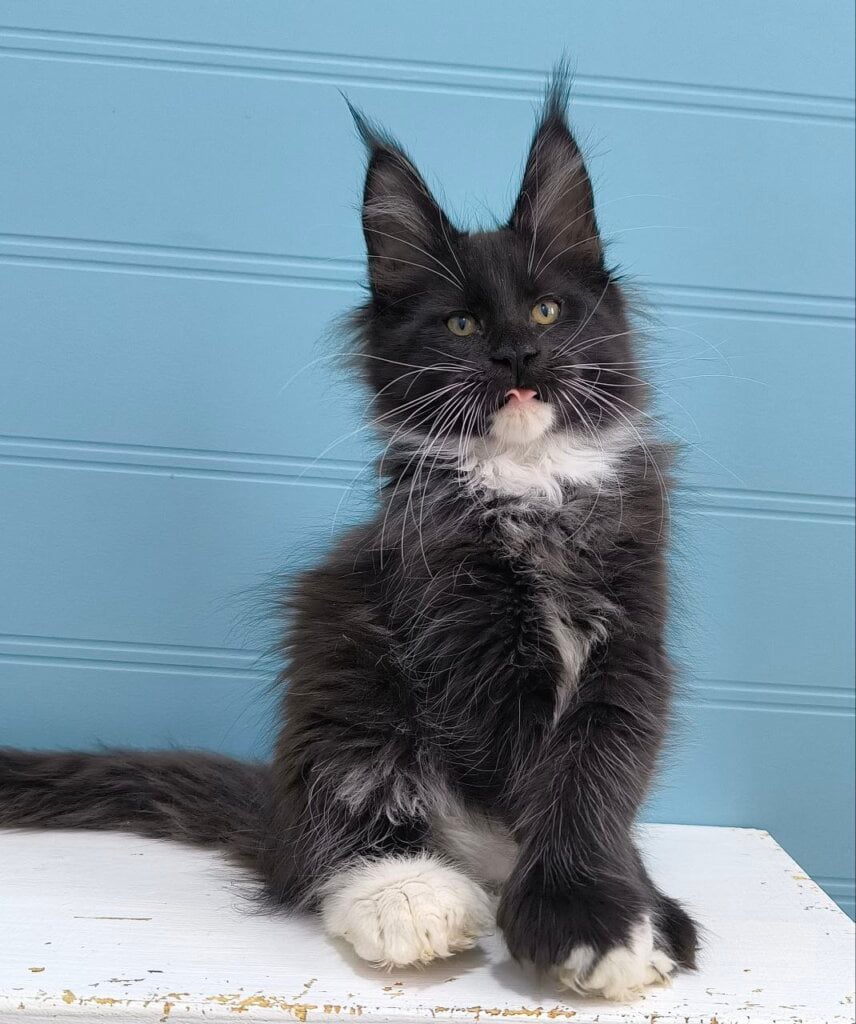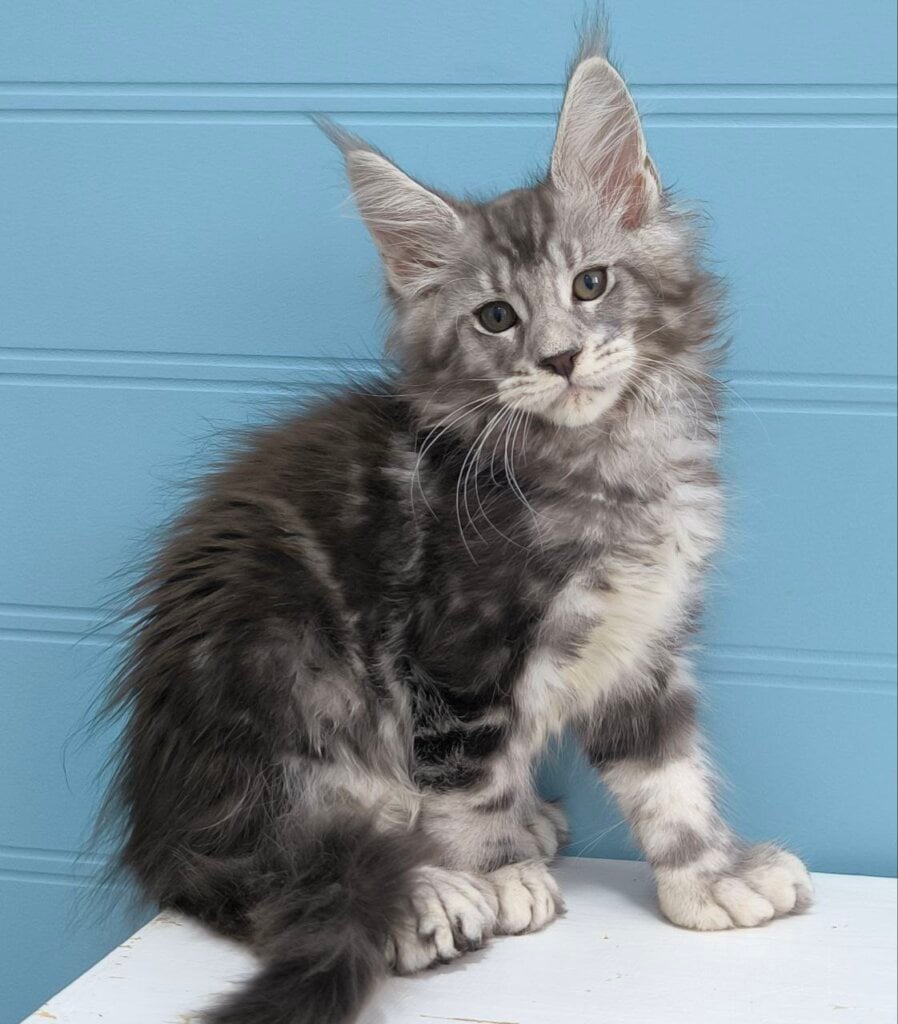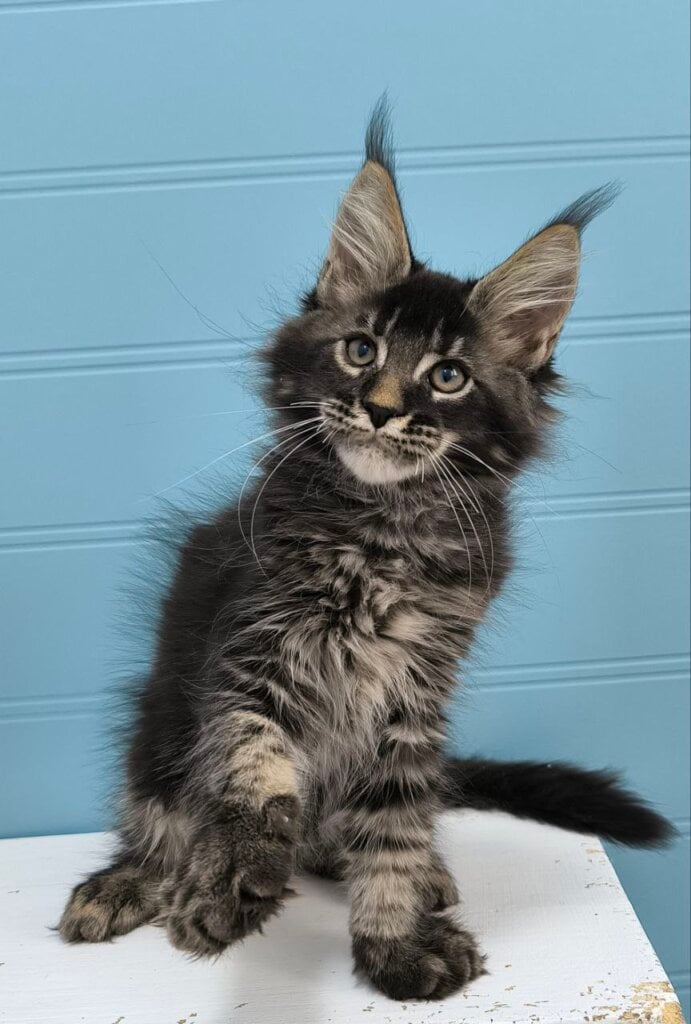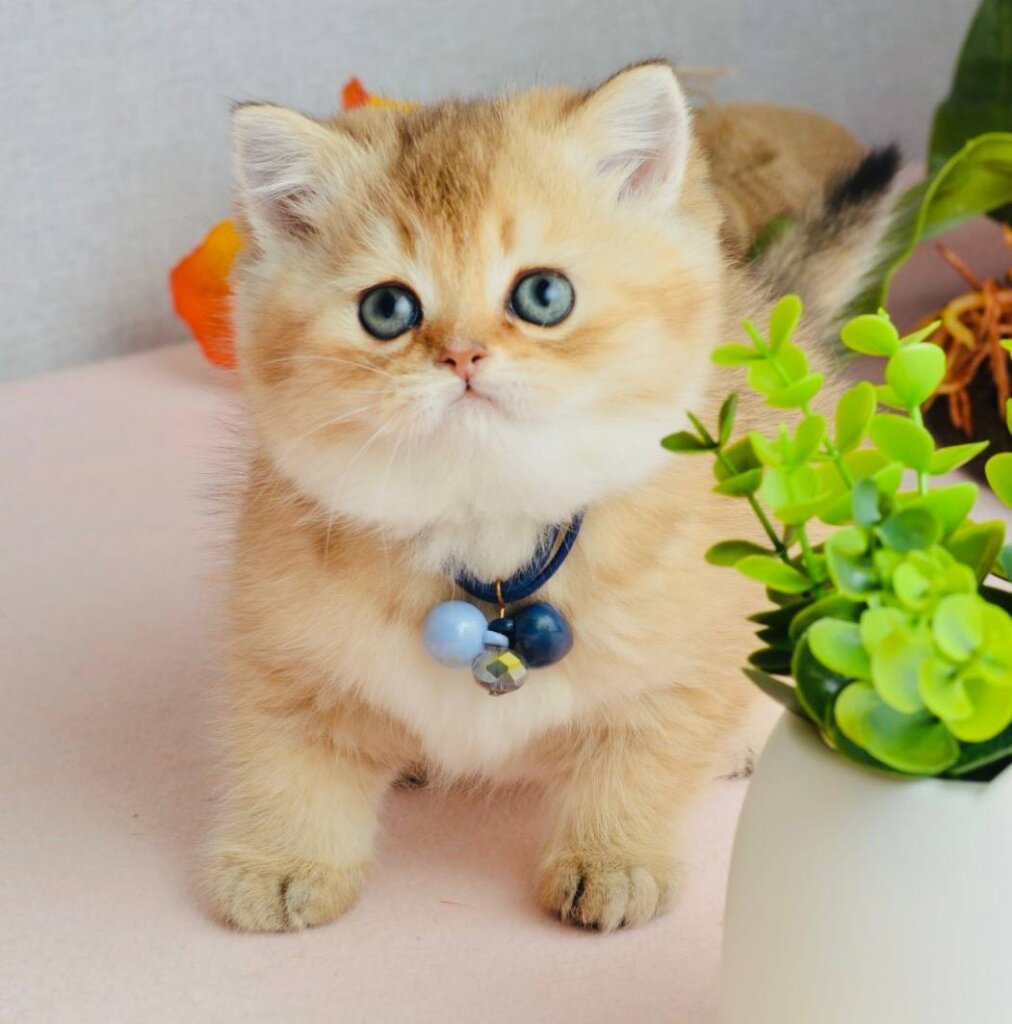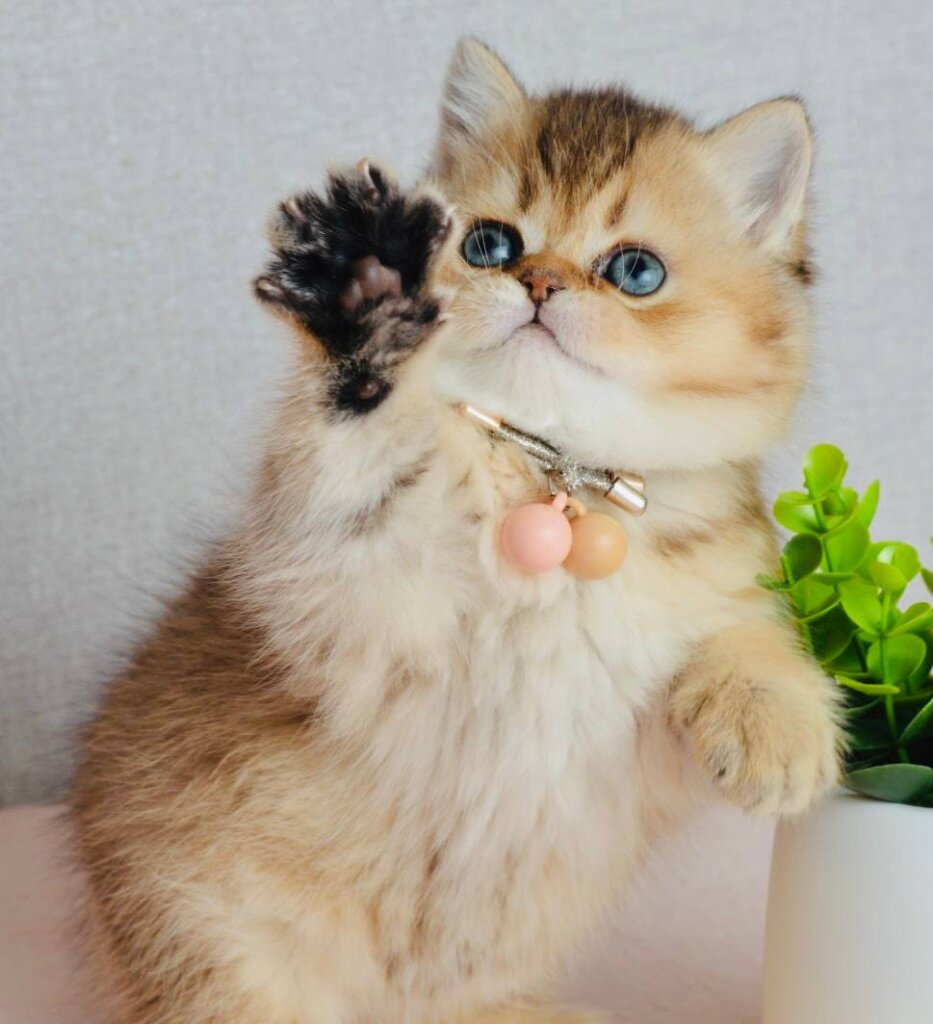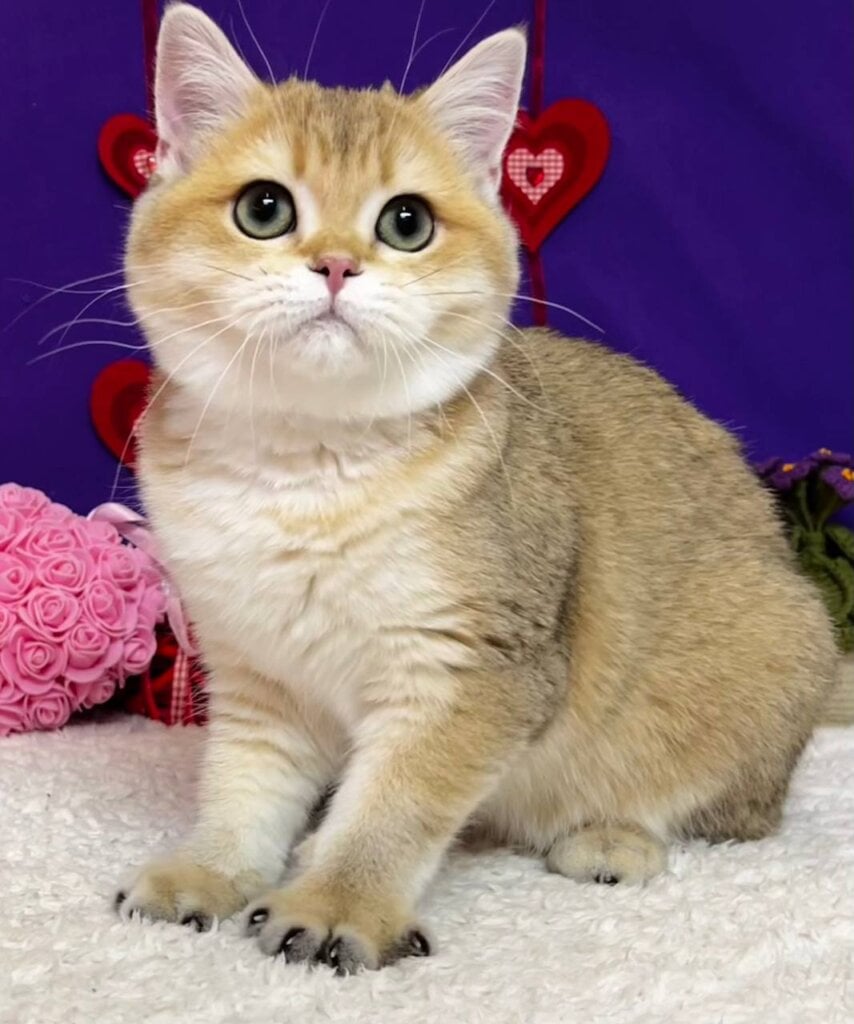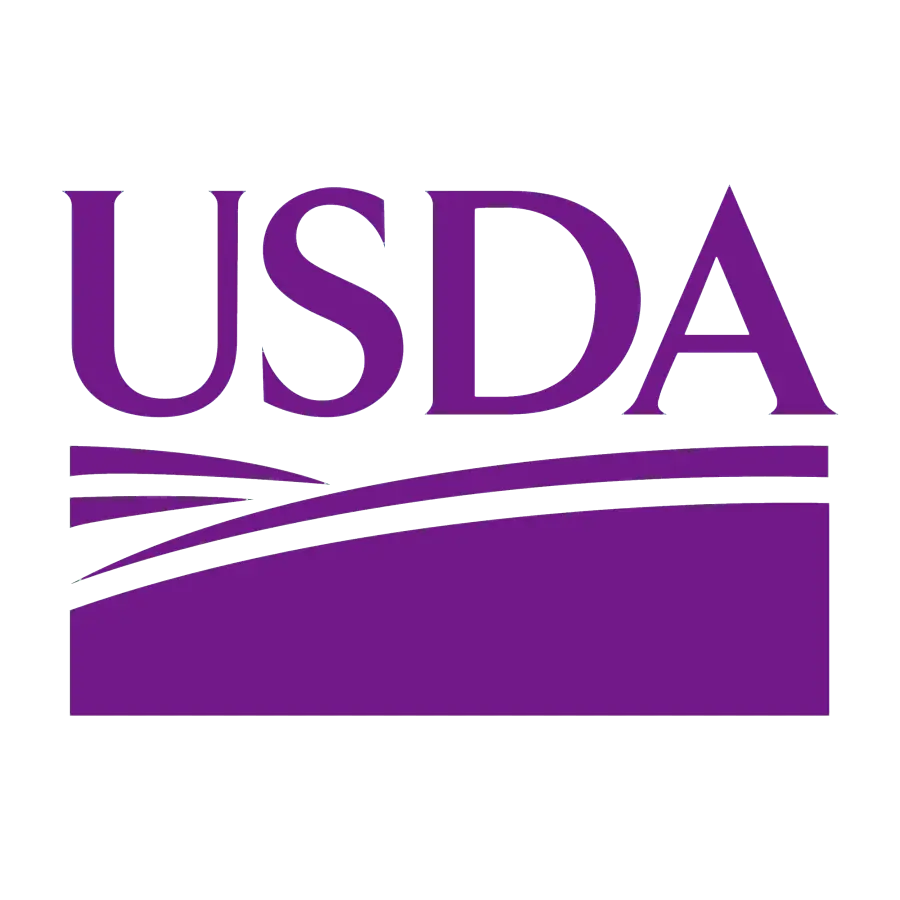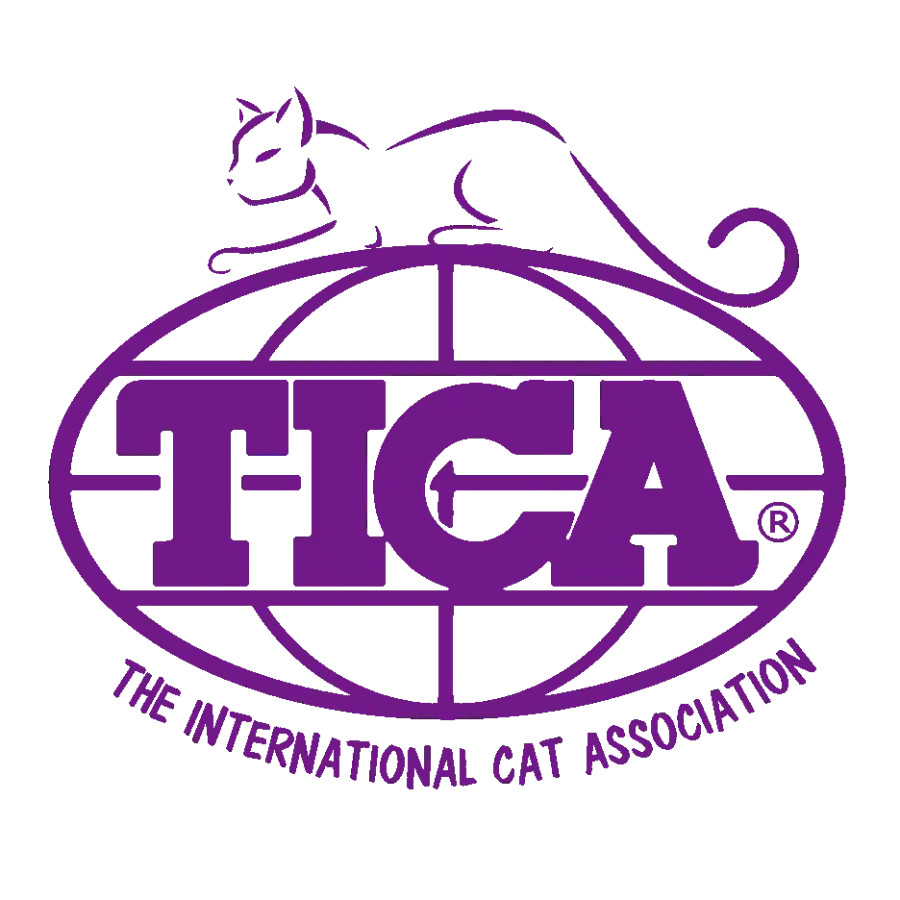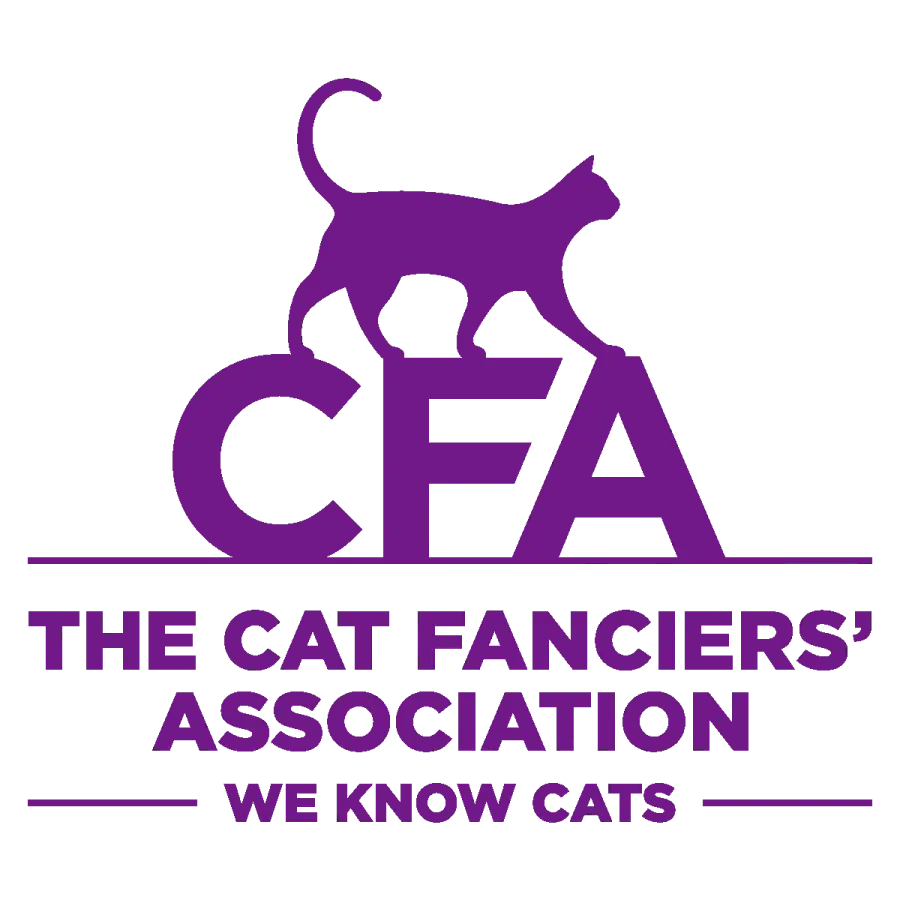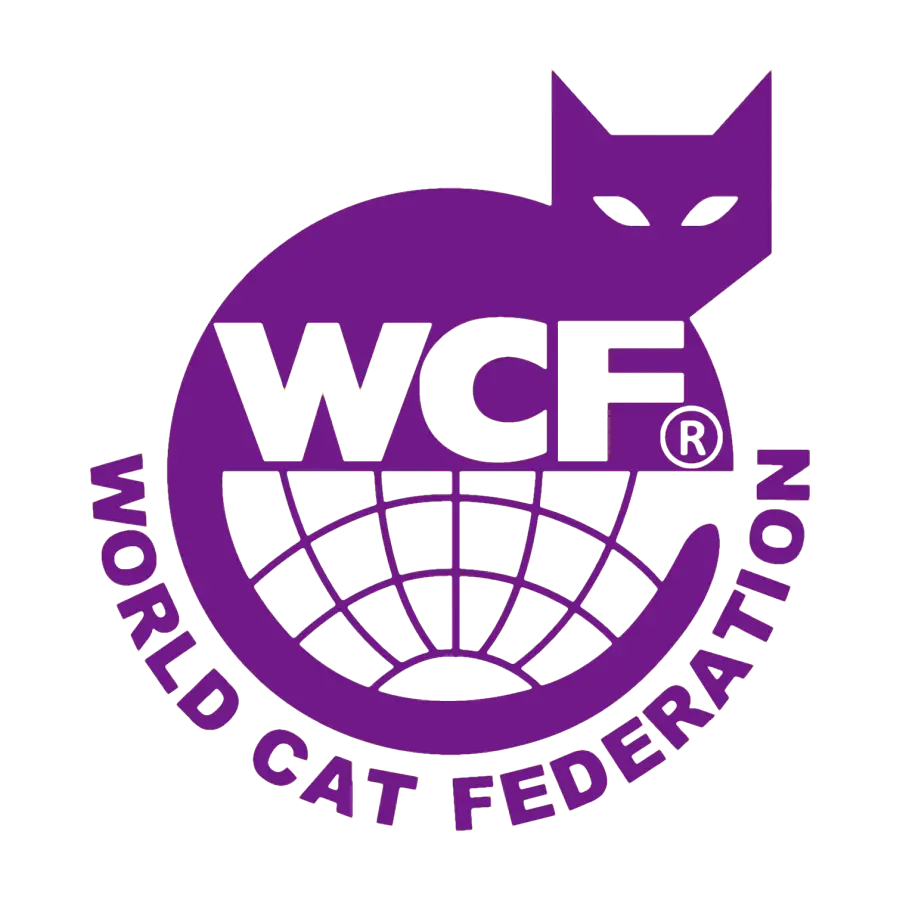Key Takeaways
- Maine Coons flourish when fed a diet rich in animal protein sources. This diet sustains their vast size, muscular frame, energetic and playful demeanor. Make sure that real meat is the first ingredient listed on their food label.
- Healthy fats, like omega-3 and omega-6 fatty acids, are essential for maintaining high energy levels. Furthermore, they assist in the development of a sleek and lush coat. Stick with the ones that use higher quality sources such as fish oil or chicken fat.
- Carbohydrates are fine as long as they are from good sources. Think sweet potatoes or brown rice. Prevent including unnecessary fillers that add little to no nutritional value.
- Wet and dry food both can be beneficial. We tell them that wet food provides added moisture, but that dry food is important for dental health. A combination of the two can be best for diversity and nutrition.
- Portion control and a regular feeding schedule will help avoid overeating and keeping unwanted weight off. You may need to adjust portion sizes depending on your Maine Coon’s activity level and life stage.
- Don’t forget to steer clear of harmful ingredients such as artificial colors, preservatives, and low-quality protein sources. Choose high-quality cat food brands that prioritize nutrition and wholesome ingredients.
What is the Ideal Maine Coon Diet?
Maine Coons have specific dietary needs that cater to their meaningful size, considerable energy levels, and natural biology. As obligate carnivores, they flourish on animal-based proteins and fats, fueling their vibrant health and vitality. Their solid, muscular frame means that a well-balanced diet, customized to their specific lifestyle and activity level, is essential.
It not only promotes their luscious coat but their hearty cardiovascular function too. Here, we dig in to those important elements of a Maine Coon’s ideal diet.
1. Understand Maine Coon Nutritional Needs
Their size, density, and activity level give these cats high-energy demands. They require anywhere from 24 to 35 calories per pound of body weight per day, depending on their level of activity.
On average, a 15-pound Maine Coon would need approximately 300 to 525 calories daily. Fulfilling these needs with a nutrient dense, animal-based diet is key to keeping them happy and healthy while avoiding obesity.
2. Protein: The Cornerstone of Their Diet
Animal protein is a must-have. Meat and fish are important sources of essential amino acids.
It’s important that they include taurine, as this amino acid helps to promote heart and vision health. Choose cat foods that list chicken, turkey, salmon, or beef as the first ingredient.
Wet food containing 40% protein or dry kibble with 30% protein will guarantee that your kitty is getting what they need.
3. Healthy Fats for Energy and Coat
Healthy fats such as omega-3 and omega-6 fatty acids help provide for your Maine Coon’s energy requirements. They help keep your Maine Coon’s coat nice and shiny, too!
Foods with salmon oil or chicken fat as a main ingredient are ideal sources. As always, strive for moderation, as excess fat may contribute to weight gain.
4. Carbohydrates: Choose Wisely
Carbohydrates should be kept to a minimum. Since too many carbs can lead to weight gain, try to choose low-carb foods.
Sweet potatoes or peas are much preferable replacements than grains including corn or wheat.
5. Wet vs. Dry Food: Weighing the Options
Wet food provides hydration and more protein, while dry kibble is more convenient and promotes dental health.
A combination of the two offers the best of both worlds.
6. Raw Food Diet: Is It Right?
A raw diet can mimic natural eating patterns but requires careful preparation to avoid nutritional imbalances or contamination.
7. Supplements for Optimal Health
High-quality taurine supplements and omega fatty acids are important dietary ingredients to search for to keep their heart healthy and coat shiny.
8. Portion Control and Feeding Schedules
To prevent guzzling, split daily food into two or three portions.
Calculate meals according to your Maine Coon’s activity level.
9. Addressing Food Sensitivities
If your Maine Coon has been diagnosed with allergies, opt for limited ingredient diets featuring novel proteins such as duck or venison.
10. Adjust Diet for Life Stage
Kittens require higher-calorie and calcium-rich diets, while seniors do better with lower-calorie, easier-to-digest foods.
Maine Coon Feeding Habits Explained
Maine Coons are the second largest domesticated cat breed. Their feeding habits at least, are equally as unique as their striking appearance. Understanding feeding habits lays the foundation for your feline friend growing, thriving, and having a long healthy life with you.
It’s about more than just how much they’re eating. It’s not just what they eat, but what they eat is suited to their activity level and what they should be developing naturally.
Caloric Needs Based on Activity
Maine Coons need a proper diet that’s appropriate for their size and activity level. Growing kittens require tremendous energy. Multiple, small meals packed with the right nutrients are key to fueling their healthy development.
An adult Maine Coon needs 24 to 35 calories per pound of body weight daily. This requirement shifts depending on their role as active hunters or chill-laid-back-inside-best-friend roommates. On average, an active 15-pound Maine Coon needs around 525 calories per day.
On the opposite end of the spectrum, a sedentary Maine Coon would require as little as 360 calories. By making sure you adjust their portion according to their activity level, you can prevent accidentally overfeeding your cat, which contributes to obesity and other health concerns.
Why Quality Calories Matter
We already know that not all calories are made equal. Maine Coons do best on high animal protein diets, so this should be the biggest chunk of their diet. Stay away from fillers such as grains, cereals or vegetables as these ingredients are difficult for cats to digest.
Quality cat food offers the right nourishment without fillers, enhancing muscle growth and overall vitality. Whether you choose a premium wet or dry food, look for one that lists real meat as the first ingredient.
Instead, it delivers nutrient-rich, quality calories in every bite without the bulking fillers. Bad diets are a top driver of digestive disorders. They can contribute to serious, long-term health problems such as diabetes, underscoring the importance of selecting food wisely.
Breaking the Cycle of Poor Diet
It’s not just overeating that can affect a Maine Coon’s health. All at once unfortunately will lead to digestive problems, like pancreatitis. A feeding chart can help structure meals, ensuring they get the right amount at the right intervals.
This is particularly important for kittens, since consistent growth helps prevent health issues as they age. By managing their feeding and ensuring they consume well-rounded diets, you’ll help keep your Maine Coon spry and spirited.
How Much Should Maine Coons Eat?
Known for their impressive size and calm disposition, Maine Coons wow pet parents with their greatness. Their special meal requirements shift as they move through various life stages. Kittens, adults and seniors all have different nutritional needs and each stage should be thoughtfully selected to keep your feline friends healthy and thriving.
Cutting through their feeding needs gives you a better idea of just what these giant beauties need.
Kitten Feeding Guidelines
Maine Coon kittens do most their growing during their first year, and they need all the nutrients and energy they can get to develop normally. At about 4 to 5 weeks old, they start the process of switching from mom’s milk to kitten chow. At this point in their life, high-quality wet kitten food is incorporated into their diet, giving them the hydration and protein they need.
By 6 to 7 weeks, I begin slowly introducing dry kibble while gradually reducing the wet food. I adopt equal portions to hone them in for the next stage of their diet. It’s important to feed kittens several smaller meals per day, since their smaller tummies aren’t able to accommodate larger servings.
With their diet high in protein and fats, it helps foster their energetic playtime and spontaneous growth spurts. It’s true, a Maine Coon kitten sure has a healthy appetite! This appetite indicates their eventual large stature, so naturally they’ll consume more than other smaller breed kittens.
Adult Feeding Guidelines
An adult Maine Coon’s nutritional needs focus on keeping them energized and at their healthy weight. On average, they need an estimated 20 calories per pound of body weight per day. A Maine Coon weighing 20 pounds should consume no more than 600 calories daily.
You can modify this estimate based on your kitty’s activity level. Energetic cats will need about 35 calories per pound. Each meal should have about 40% protein, 40% fat, and 20% vitamins and other nutrients.
This combination of mostly high-protein dry food with some wet food on the side has proven successful for most adult Maine Coons. Feeding them twice a day helps prevent them from getting overly hungry and aids in maintaining a consistent metabolism.
Senior Feeding Guidelines
As Maine Coons mature, they enter a phase where their metabolism begins to slow down and activity levels start to decline. Senior cats can thrive on lower-calorie diets to avoid potential weight gain, while still providing the needed nutrition.
Choose senior cat food with joint-supporting and otherwise senior-oriented nutrients that are easily digestible. Supplement with vet-recommended healthy treats. Consider replacing or supplementing with healthy veterinarian-approved treats.

Key Ingredients: What to Look For
Whether you’re feeding a Maine Coons kitten or an adult Maine Coon cat, understanding their special dietary requirements will keep them happy and healthy. Just like little humans, they require the right nutrients in their diet. Look for premium, natural ingredients that will help nourish their heavy frame, energetic spirit and ensure good health for years to come.
Here are the key ingredients to look for when choosing them or making their meals.
High-Quality Animal Protein Sources
Like most cats, protein should form the bulk of your Maine Coon’s diet. Cats are obligate carnivores, after all. Unlike humans and other vertebrate animals, protein is the most important source of energy for their bodies.
Without adequate animal protein in their diet, Maine Coons will begin breaking down their own muscle tissue to survive. This can cause major reproductive health impacts. Foods high in quality animal protein like chicken, turkey, or fish are all great choices.
Lean, skinless chicken breasts provide the ideal protein source, with a great protein-to-fat ratio. They assist you in building and/or preserving muscle mass while staving off clunky weight gain.
Be cautious of legumes or peas used as fillers in pet food. Specifically, these ingredients can cause nutritional deficiencies and disorders such as nutritionally mediated dilated cardiomyopathy (NM-DCM). Read the labels and make sure meat is the first ingredient listed and avoid those with a lot of plant-based fillers.
Essential Fatty Acids
Fats are another important ingredient, serving an important part in energy production, skin health, and creating a shiny coat. Like all cats, Maine Coons require a low but crucial level of fats.
These ideally should be from identifiable sources such as fish oil or chicken fat. However, these sources are rich in omega-3 and omega-6 fatty acids. Their anti-inflammatory properties help promote joint health, which is essential for large breeds, such as Maine Coons, that are prone to joint conditions.
Look for recipes that provide an even balance of fats by seeking out leaner cuts of meat.
Beneficial Vitamins and Minerals
In addition to protein, Maine Coons require a healthy blend of vitamins and minerals to keep them healthy and happy. Niacin is extremely important for cellular energy metabolism. As cats are unable to synthesize sufficient niacin internally, it needs to be present in their diet.
Look for foods fortified with key vitamins. Choose hematogen bred with vitamin A, B-complex vitamins, and taurine, an amino acid that helps promote heart and eye health.
Minerals like calcium and phosphorus play a role in developing strong bones and teeth, which is crucial for a breed their size.
Ingredients to Avoid in Cat Food
When selecting the right diet for your Maine Coon, understanding what to avoid is just as important as knowing what to include. Maine Coons are a special breed, and it’s important to understand that feeding them low-quality food or the wrong type of food will have negative health effects.
Here are a few of these shady ingredients that you would never want to see in your cat’s bowl.
Excessive Fillers and Additives
Many inexpensive cat foods are made with fillers including corn, wheat, and soy. These ingredients serve to bulk up the product and reduce manufacturing expenses.
These ingredients offer little nutritional value and can cause weight gain or digestive distress. Like all cats, Maine Coons are obligate carnivores so their diet should focus on animal-based proteins rather than plant-based alternatives.
Meow Mix and other similar products are filled with corn and soybean meal proteins. None of these ingredients are good for your kitty’s health.
Excessive filler carbohydrates can put Maine Coons at risk of obesity. These cats require a max of ~20 calories/pound body weight per day. For a typical 15lb Maine Coon, this means cut down to about 300 calories a day.
Provide plenty of grain-free, high-protein choices with taste and texture to suit their carnivorous palate.
Artificial Colors and Preservatives
Brightly colored kibble does not help your Maine Coon’s diet and health, because artificial dyes and preservatives can negatively impact their health. Ingredients such as BHA, BHT, and ethoxyquin are frequently used to increase shelf life.
These additives come with a host of potential health risks for your pets. There’s no benefit for cats, and long-term exposure can be harmful.
Choose brands that rely on natural preservatives such as tocopherols (Vitamin E) or rosemary extract. These keep foods fresh while ensuring you never sacrifice quality or your cat’s health.
Low-Quality Protein Sources
It’s not just protein – it’s meat protein! By-products that are called “meat meal” or “animal digest” usually include these scraps. These residues are devoid of the vital nutrients that Maine Coons need to flourish.
High-quality cat food should name the protein, like chicken or salmon, on the label and should list it first among the ingredients. Steer clear of products with such misleading labeling and inferior protein sources of questionable grade.
Talk with your veterinarian to determine the best diet for your individual cat. This is crucial, particularly if your cat has specific health issues.

Addressing Common Dietary Concerns
Maine Coons are known for their size, intimidating pelts, and holistic companionship. Despite being remarkably resilient, their distinctive dietary requirements require specific care to maintain them healthy and lively. Giving them the appropriate nutrition specifically suited to their individual needs is key.
I’m going to address some of the biggest dietary worries. We hope this will aid you in making the best possible decisions for your Maine Coon’s health and happiness.
Managing Weight Issues
Maine Coons are big by nature, but it’s still important to keep them at a healthy weight. More than any other single factor, a diet based on high-quality animal protein – think chicken, turkey, and fish – is vital to health.
Animal protein provides amino acids such as taurine, which contribute to energy, muscle, and organ function. Due to their size and level of activity, these cats require more protein than most other adult felines. Ideally, the foods you’re after should have a BV of 98% like tuna, salmon, and beef.
Portion control is important to prevent overfeeding. Keep them under 10% of their overall daily diet. Consuming more calories than you burn will result in weight gain.
Choose low-calorie, protein-rich rewards instead of high-carb foods. Regular weight checks and at least annual adaptive health screenings allow your athlete to catch and correct challenges before they turn to problems.
Supporting Kidney Health Through Diet
Providing a nutrient-rich, wholesome diet is key to preserving kidney function in Maine Coons as they grow older. Well-sourced animal proteins provide important nutrients for cats.
They relieve the burden on their kidneys, unlike plant-based proteins like soy or wheat, which are much harder for them to metabolize. Moderate amounts of animal fat help fortify organ health across the board.
Overall, they’re high in omega-3 and omega-6 fatty acids, which further contribute to keeping kidneys hydrated, which is the key to keeping kidney function.
Make sure fresh water is freely available all the time. Consider introducing wet food to keep your pet adequately hydrated.
Annual or semi-annual veterinary check-ups are advisable to keep on top of kidney health and to be sure that any early signs of disease are detected.
Preventing Hairballs
With their luscious, long coats, hairballs are a common issue in Maine Coons. Here’s something that might surprise you: A high-fiber diet can cut constipation in half.
It protects the digestive tract and helps pass swallowed hair through the intestinal tract. Foods that use known natural sources of fiber such as pumpkin and/or beet pulp are stand-out choices.
Both omega-3 and omega-6 fatty acids found in animal fats help keep your dog’s coat healthy and shiny, leading to less shedding. Regular grooming rounds out the benefits of a healthy diet by reducing the amount of loose fur your cat swallows.
Preparing Food for Your Maine Coon
Maine Coons are well-known for their huge size and gentle personalities. After all, their dietary needs are just as unique as their vibrant personalities! When you’re preparing food for your Maine Coon, take these needs into consideration. Serve their meals right and make gradual changes to maintain a healthy weight and a satisfying life.
To make it easier on everyone, let’s outline the critical steps.
Home-Cooked Meal Considerations
If home-cooking is on your radar, it’s worth learning how to tackle balanced nutrition. Maine Coons are carnivores, so it makes sense to stick with high protein diets with plenty of animal proteins including cooked chicken, turkey, or beef. Adding small quantities of liver or heart meat can further enrich these foods with important vitamins and minerals.
Make ahead of time, for instance, shredded chicken meat and serve with steamed carrots. Include a little cooked rice for carbs. Don’t completely switch to homemade meals without the guidance of your vet or a pet nutritionist.
Cats need certain nutrients, like taurine, in order to be healthy. Though taurine occurs naturally in meat, many homemade recipes will require extra supplementation. Avoid any ingredients that are harmful to cats, like onions, garlic, and chocolate.
Avoid excessive salt, seasonings and fatty meat cuts to prevent health problems.
Safe Food Handling Practices
Good care and hygiene is vital in ensuring your Maine Coon is happy and healthy. Always wash your hands before and after handling raw meat, and clean all surfaces and utensils used for preparation. Have one cutting board for raw ingredients and another for everything else you’re making.
Store any leftovers in airtight containers and refrigerate them within two hours to avoid spoilage. When you’re serving the food, check that it’s not too hot. Lukewarm is perfect.
Food served directly from the fridge will be too cold, and food that is piping hot can burn your Maine Coon’s mouth. Make it a practice to look for expiration dates on all ingredients purchased and throw out items that are beyond their prime.
Transitioning to a New Food
When transitioning to new food, do so slowly over a week or more to prevent upsetting your Maine Coon’s digestive system. Begin by incorporating a small quantity of the new food into their existing diet.
During the next 7-10 days, gradually add more of the new food while reducing the amount of the previous food. Keep an eye on their appetite and stool consistency throughout this process. If you ever see any signs of discomfort or allergy, contact your veterinarian right away.

Maine Coon Breed-Specific Needs
Movie stars, Maine Coons come with a patina of glamour – for their massive size and friendly nature. Their specific breeding demands sets these beauties apart from any other breed. Though they’re large cats, their highly active natures lead to lighter, almost delicate movements and personalities.
This means closely monitoring their nutrient consumption to nurture their health and happiness.
Differences from Other Breeds
Maine Coons are unique among the felidae family as strict carnivores. Their bodies are exclusively adapted to efficiently derive the nutrients they need from animal-based proteins and fats. This biological imperative means that diets high in meat or fish must be the priority.
A Maine Coon’s big stature has a direct impact on their hunger. For these cats, they burn an average of just 20 calories per pound of body weight per day to stay that active and sprightly. For example, a 15 lb adult Maine Coon will only need around 300 calories a day. Their calorie requirement may change depending on how active they are.
Maine Coon kittens surpass the energy requirements of adults and require much higher amounts as they mature. On the whole, they do best on a mix of premium dry and canned food. The combination of formula and mush guarantees they get the hydration and the calorie-rich sustenance they need to fuel their fast development.
Although this can be true for other cat breeds, Maine Coons are more susceptible to a diet rich in carbs. Too many carbohydrates will contribute to obesity. They can interfere with blood sugar regulation, so the need for a balanced diet becomes that much clearer.
Genetic Predispositions and Diet
Though Maine Coons are genetically predisposed to certain health problems, such as obesity and joint degeneration, these problems can become even more severe if they are deprived of a proper diet. A nutrient dense diet that supports high levels of quality animal protein and fat, both highly muscle supportive, is essential.
In addition, it keeps sugars and carbs low which helps to prevent excessive weight gain. Real whole chicken, turkey, and fish make for some of the best animal-based protein your Maine Coon could need. Combine these with animal sourced fat, such as salmon oil, to further enhance their skin and coat appearance and health.
Each Maine Coon is different, and individual dietary needs will depend on several factors. Just because one cat is doing well on a certain brand or formula doesn’t mean that another can’t be switched to something else to improve their health.
With consistent monitoring and discussion with your veterinarian, you can create the ideal dietary plan for your comrade in all things fuzzy and feline.
Expert Advice and Veterinary Guidance
Feeding your Maine Coon the right diet is crucial for keeping them happy and healthy. Due to their unique nutritional needs, consulting with professionals and staying informed about dietary research is critical for pet owners who want to ensure their cat thrives.
Consulting with a Veterinarian
A veterinarian plays a vital role in tailoring the right diet for your Maine Coon. Regular health screenings at least once a year help identify potential health issues early, including nutritional deficiencies or diseases like feline Dilated Cardiomyopathy (DCM).
The U.S. Food and Drug Administration (FDA) has linked certain pet foods containing peas, lentils, legumes, or potatoes as primary ingredients to DCM in cats and dogs. While taurine levels in most cases of DCM appear normal, it’s crucial to work with your vet to assess your Maine Coon’s diet and overall health.
Veterinarians will typically recommend diets high in protein and moderate in fat to meet cats’ dietary needs as natural hunters. A vet-approved balanced wet food option like Tasty Treasure can help make sure your Maine Coon is drinking enough water. This is crucial, particularly if they are poor drinkers on their own.
Prescription diets and veterinarian-recommended brands such as Royal Canin, Hill’s Prescription Diet, and Purina are great options. Their expertise in pet wellness guides you to better health. If your Maine Coon shows unusual behavior, such as frequent vocalization, a vet visit may uncover underlying issues related to nutrition or health.
Staying Updated on Research
Feline nutrition research is ever-changing. With these conditions in mind, and by keeping yourself educated, you can give your Maine Coon the healthiest life possible. Research indicates that adult Maine Coons need approximately 20 calories per pound of body weight per day.
Diet should consist of high-quality protein with moderate levels of fat and low levels of carbohydrates. These proportions are a reflection of their evolutionary dietary requirements, influencing muscle development and energy production.
Adding wet food to their diet helps with hydration, which is especially important for cats often predisposed to urinary problems. When new research comes out, expert sources such as your veterinarian and established pet food manufacturers guide you toward the best decisions for your furry friends.
These decisions put your cat’s well-being, both mental and physical, first.
